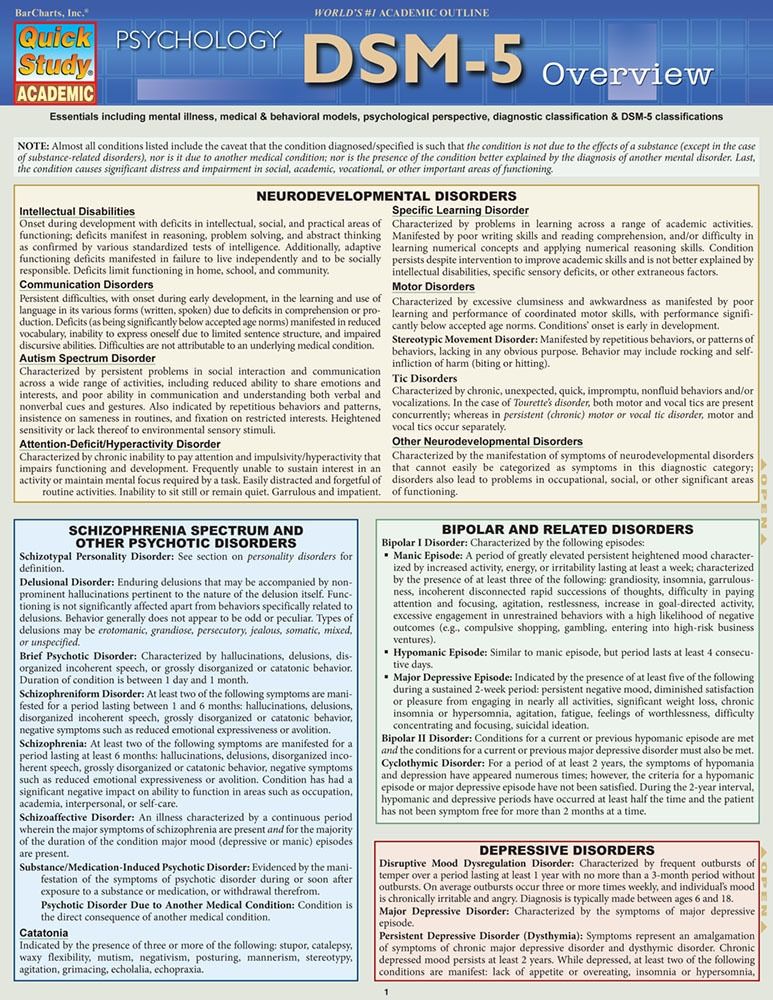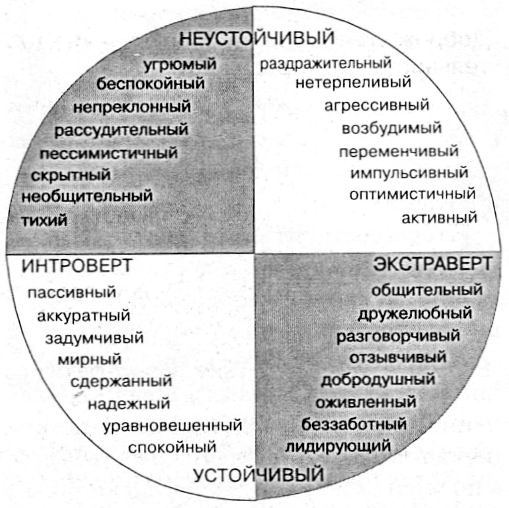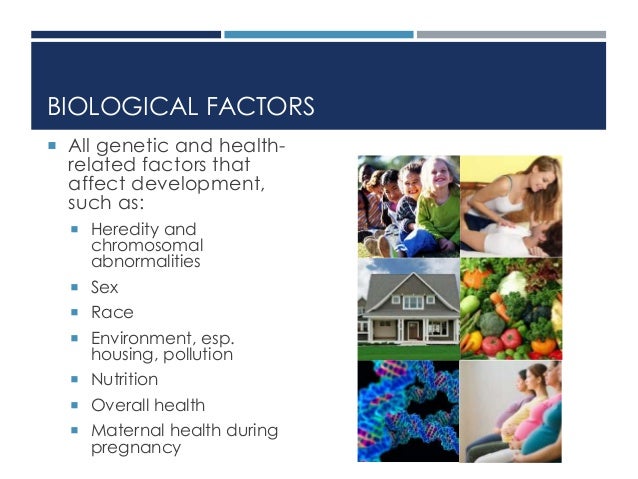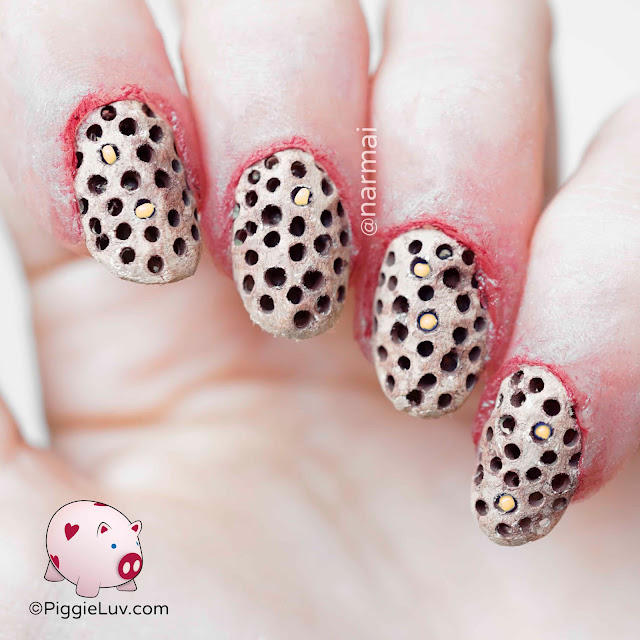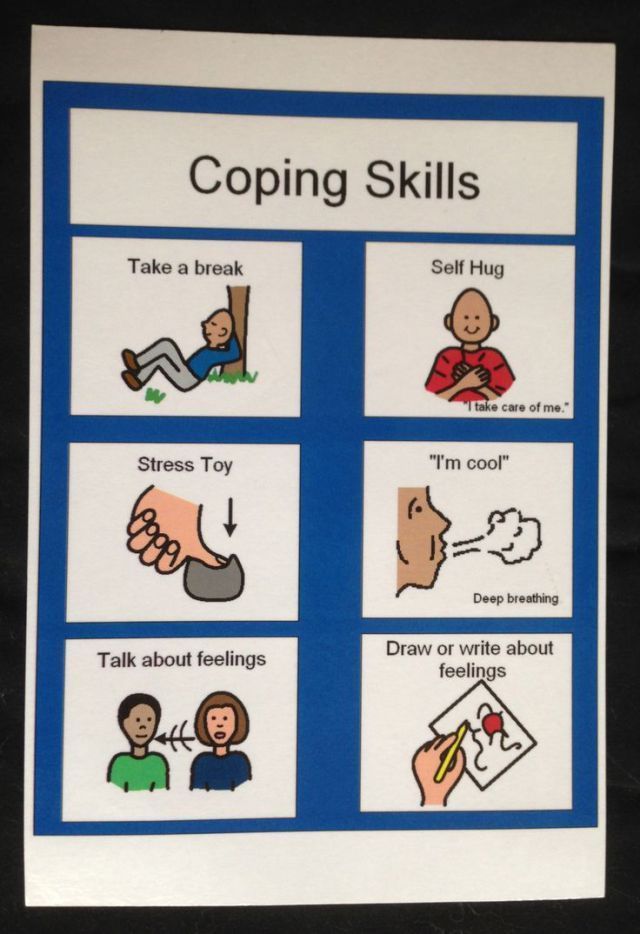Psychology mental disorders list
Alphabetical Listing of Psychological Disorders & Mental Illness
Want to stay up to date with the latest on mental health?Email(Required)
NameFirst Last
State
Choose stateAlabamaAlaskaAmerican SamoaArizonaArkansasCaliforniaColoradoConnecticutDelawareDistrict of ColumbiaFloridaGeorgiaGuamHawaiiIdahoIllinoisIndianaIowaKansasKentuckyLouisianaMaineMarylandMassachusettsMichiganMinnesotaMississippiMissouriMontanaNebraskaNevadaNew HampshireNew JerseyNew MexicoNew YorkNorth CarolinaNorth DakotaNorthern Mariana IslandsOhioOklahomaOregonPennsylvaniaPuerto RicoRhode IslandSouth CarolinaSouth DakotaTennesseeTexasUtahU.S. Virgin IslandsVermontVirginiaWashingtonWest VirginiaWisconsinWyomingArmed Forces AmericasArmed Forces EuropeArmed Forces Pacific
I am Interested In
Mental health servicesOnline webinars about mental health topicsOnline courses
Comments
This field is for validation purposes and should be left unchanged.
This alphabetical list of Mental Disorders, also called Psychological Disorders, Psychiatric Disorders, and Mental Illnesses has been gathered from a wide variety of sources including the DSM-IV, DSM 5, ICD-10 Chapter V, and online resources including the Wikipedia page on mental disorders. While we have attempted to make this a complete alphabetical list of mental illnesses, including those that are no longer recognized in either the DSM 5 and ICD-10 Chapter V; there are often local disorders that we are not aware of. There are also older disorders that we have made educated guesses based on our own research. If you see that we’re missing something, please contact us and let us know. List of Psychological Disorders | Substance Abuse Disorders | Childhood Disorders
Alphabetical List Of
Mental Disorders, Psychiatric Disorders, And Neurological DisordersA | B | C | D | E | F | G | H | I | J | K | L | M | N | O | P | Q | R | S | T | U | V | W | X | Y | Z
Mental Disorders / Psychiatric Disorders / Neurological Disorders Starting With A- Absence seizure: Also called the less common Petit Mal Seizure, these seizures typically cause a short period of “blanking out” or staring into space.
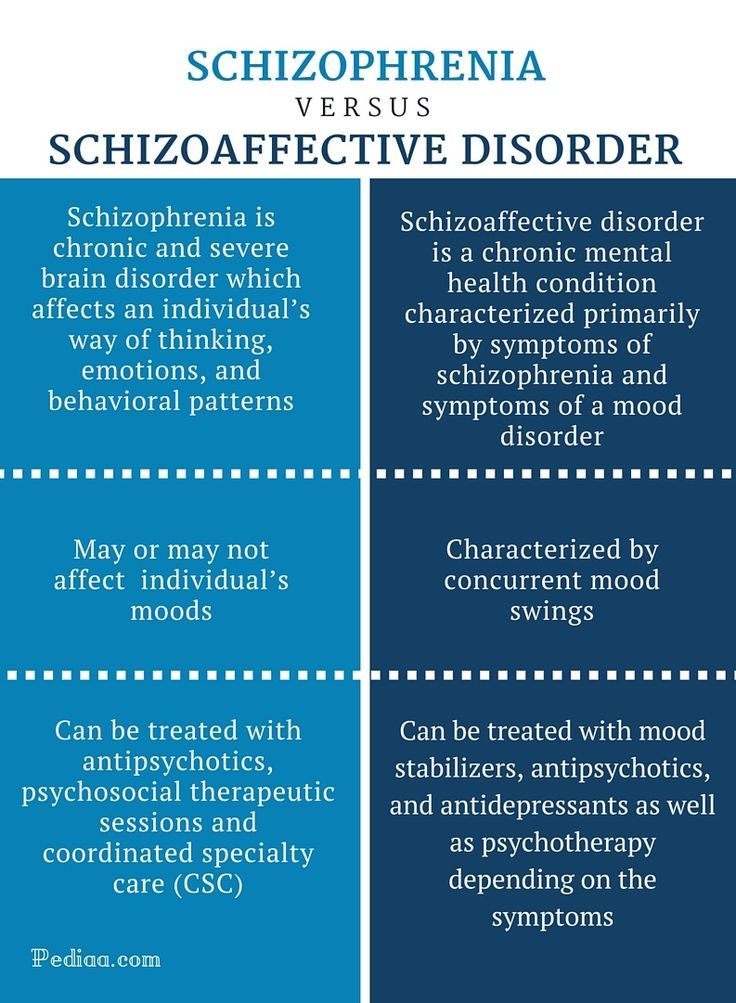 Like other kinds of seizures, they are caused by abnormal activity in a person’s brain. [Epilepsy Foundation, Mayo Clinic]
Like other kinds of seizures, they are caused by abnormal activity in a person’s brain. [Epilepsy Foundation, Mayo Clinic] - Abulia: A pathological inability to make decisions or take action.
- Acute Stress Disorder: Also known as Acute Stress Reaction and sometimes called Shock, this is a psychological condition caused by experiencing or witnessing a terrifying or traumatic event, such as a severe automobile accident, violent crime, or death. It should not be confused with the unrelated circulatory condition of shock, or the concept of shock value. Acute stress reaction may develop into PTSD if untreated. [PsychCentral, VA.gov]
- Adjustment Disorders: Adjustment Disorder is defined as a maladaptive response to a normal, psychosocial stressor that has occurred in the past three months, and is not caused by another mental illness.
- Adverse effects of medication NOS
- Age-related Cognitive Decline: (now known as Dementia and Neurocognitive Decline)
- Agoraphobia: This is a condition where an individual doesn’t wish to go to places or face situations where they could become exposed to panic attacks.
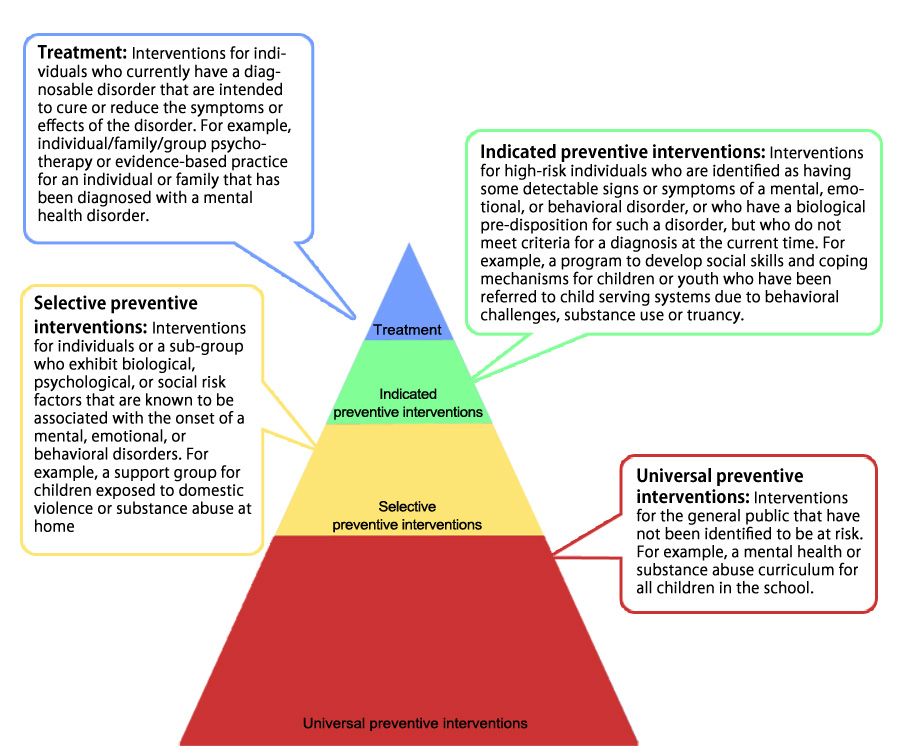
- Akiltism: [Note from MHM Staff ] We were unable to find any solid information about this disorder. Our best guess is that this disorder was once used as a catch-all for unknown diagnoses, it seems to be based on the word “akilter” meaning off-kilter or unbalanced. Our further assumption is that it was dropped as more understanding was gained and because of the extreme stigma it carried. [Merriam-Webster]
- Alcohol Addiction: According to the National Council on Alcoholism and Drug Dependence, approximately 17.6 million adults abuse alcohol or are physically dependent on it.
- Alzheimer’s Disease: Approximately 19 million Americans have a family member who suffers from Alzheimer’s disease. There are seven stages of Alzheimer’s …
- Amnesia: (also known as Amnestic Disorder) a person suffering from memory amnesia lost parts or all of his memory. It’s not your plain everyday forgetfulness, instead, it is the complete eradication of any or all events and relations.
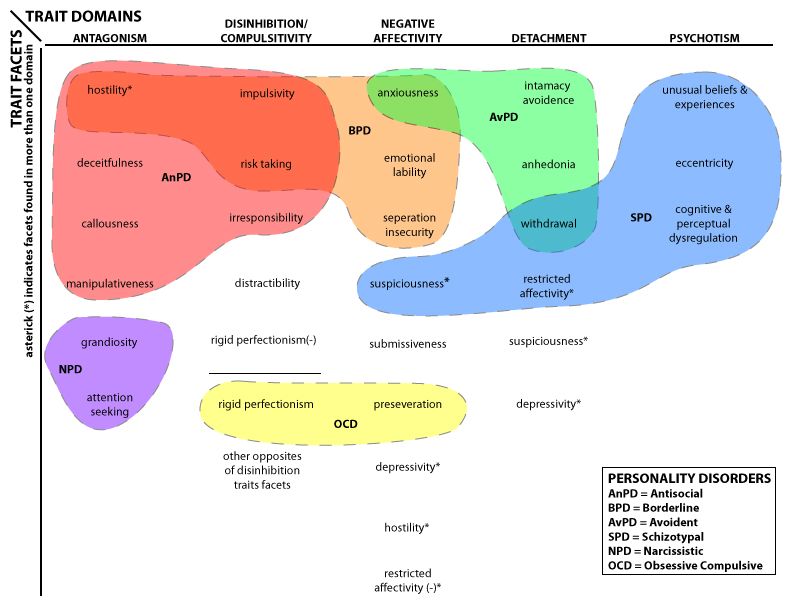
- Amphetamine Addiction: Amphetamines are some of the most addictive drugs in the world. The best way to overcome an amphetamine addiction is to get help from a professional treatment center.
- Anorexia Nervosa: This is an eating disorder. The symptoms of Anorexia tend to be that the sufferer will eat very little, or not eat at all for a number of days, for fear of gaining weight.
- Anterograde Amnesia: The loss of ability to create new memories after an amnesia event. The inability to recall recent past events, but retaining long-term memories from before the event.
- Antisocial personality disorder: (also known as Sociopathy) “A psychiatric condition in which a person manipulates, exploits or violates the rights of others … this behavior is often criminal.
- Anxiety Disorder: (Also known as Generalized Anxiety Disorder) A condition in which people experience a constant state of high anxiety, which does not seem to be attributed to any particular cause.
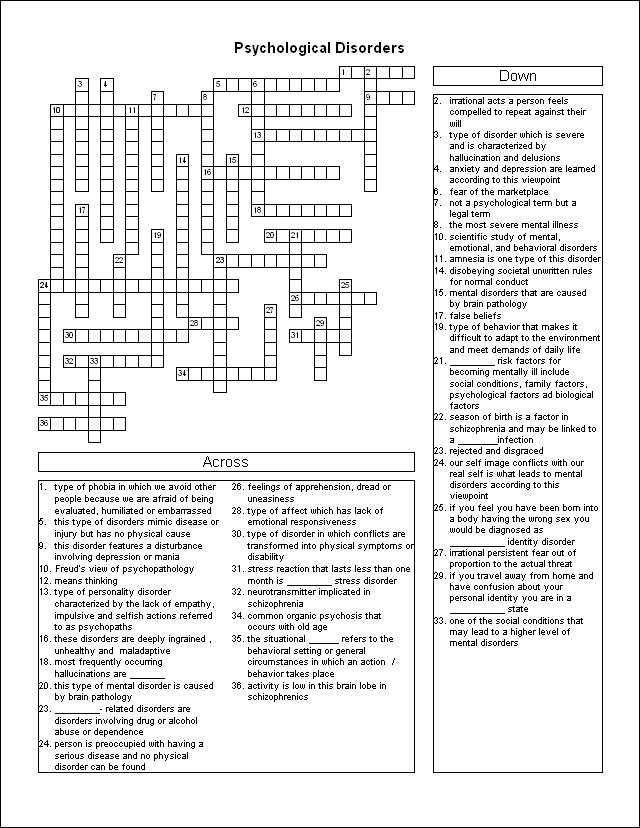 Learn more about Anxiety Treatment, Therapy and Counseling here.
Learn more about Anxiety Treatment, Therapy and Counseling here. - Anxiolytic related disorders: A number of different disorders that result from the abuse of a class of medications known as sedatives, hypnotics, and anxiolytics (SHA).
- Asperger’s Syndrome: (now part of Autism Spectrum Disorder, ASD) Asperger’s is characterized by social impairment, communication difficulties, and restrictive, repetitive, and stereotyped patterns of behavior.
- Attention Deficit Disorder: (Also known as ADD) Children with this condition generally have challenges paying attention to or concentrating on a given task. They also tend to move constantly and are impulsive.
- Attention Deficit Hyperactivity Disorder: (Also known as ADHD) This is a neurodevelopmental disorder, meaning that the disorder is present at the time of birth. There are 3 types of ADHD:
- Inattentive type
- Hyperactive/Impulsive type
- Combination type
- Autism Spectrum Disorder: (also known as Autism) Autism is classified as one of the pervasive developmental disorders of the brain.
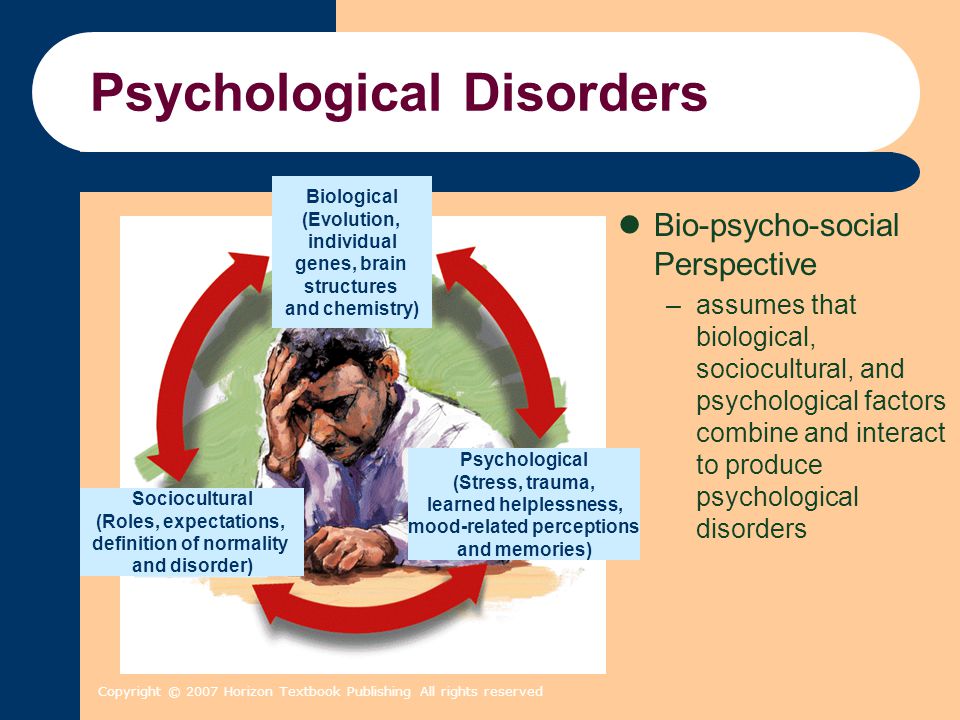 It is not a disease. People with classical autism show three types of symptoms …
It is not a disease. People with classical autism show three types of symptoms … - Autophagia: A disorder where a person compelled to inflict pain upon oneself by biting and/or eating portions of their own body.
- Avoidant Personality Disorder: Marked social inhibition, feelings of inadequacy, and extremely sensitive to criticism.
- Barbiturate related disorders: The use of Barbiturates can lead to some of the following: Addiction to stimulants like amphetamines or methamphetamines; antisocial personality disorder; anxiety, bipolar and conduct disorders; depression, insomnia, and schizophrenia.
- Benzodiazepine-related disorders: Benzodiazepines are a class of drugs prescribed due to their effectiveness in treating anxiety, and insomnia. Addiction can occur. Withdrawal symptoms include trouble sleeping, feelings of depression, and sweating.
- Bereavement: A period of mourning after a loss, especially after the death of a loved one.
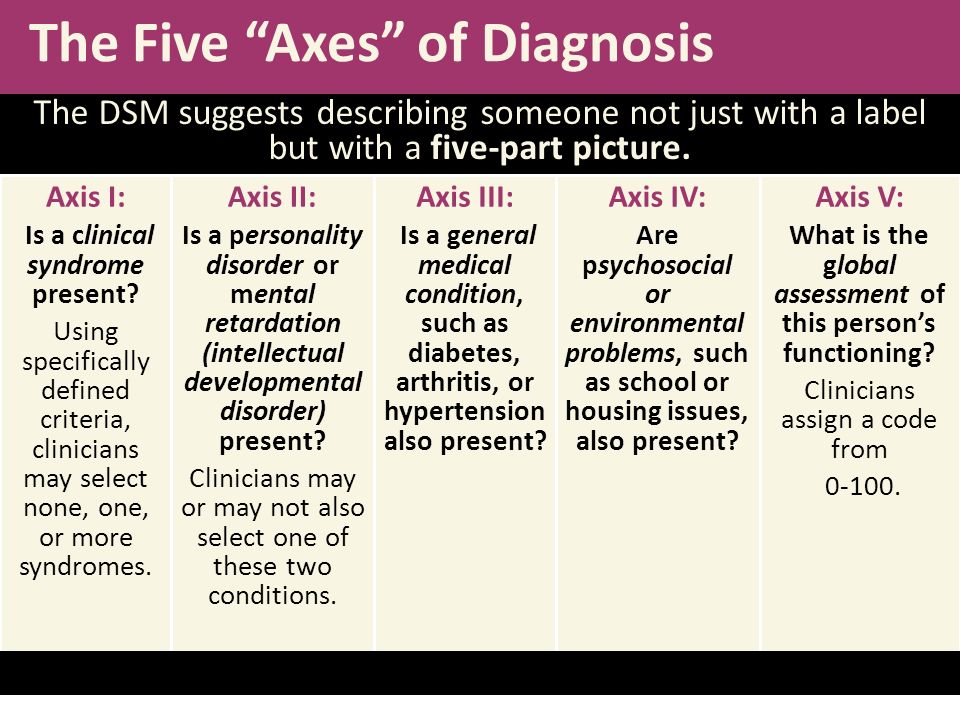 There is no right way to experience bereavement.
There is no right way to experience bereavement. - Bibliomania: A passionate enthusiasm for collecting and possessing books.
- Binge Eating Disorder: Binge eating disorder is an illness which resembles bulimia nervosa. It differs from bulimia because its sufferers do not purge their bodies of excess food.
- Bipolar disorder (also known as Manic Depression, includes Bipolar I and Bipolar II):
- Bipolar I:
- Bipolar II:
- Body Dysmorphic Disorder: This is a mental disorder where an individual can’t stop thinking about perceived defects or flaws in their appearance.
- Borderline intellectual functioning: Also known as borderline mental retardation. A person has below average cognitive ability (IQ of 70-85), but not as severe as an intellectual disability (IQ below 70).
- Borderline Personality Disorder: A psychological illness involving unstable moods, behavior, and relationships.
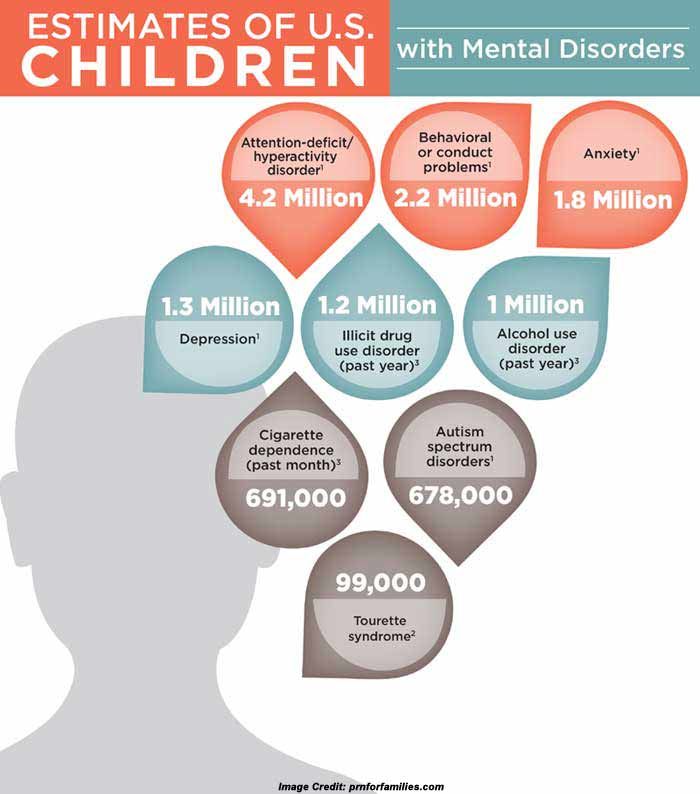
- Breathing-Related Sleep Disorder: Characterized by abnormal breathing during sleep. Symptoms include snoring, apneas or daytime sleepiness.
- Brief Psychotic Disorder: A psychosis that lasts less than one week that is a reaction to severe stress.
- Bruxism: A condition in which you grind, gnash or clench your teeth.
- Bulimia Nervosa: A type of eating disorder where a person frequently eats a large amount of food then tries to prevent weight gain with self-induced vomiting.
- Caffeine Addiction
- Cannabis Addiction
- Catatonic disorder
- Catatonic schizophrenia
- Childhood amnesia
- Childhood Disintegrative Disorder (now part of Autism Spectrum Disorder)
- Childhood Onset Fluency Disorder (formerly known as Stuttering)
- Circadian Rhythm Disorders
- Claustrophobia
- Cocaine related disorders
- Communication disorder
- Conduct Disorder
- Conversion Disorder
- Cotard delusion
- Cyclothymia (also known as Cyclothymic Disorder)
- Delerium
- Delusional Disorder
- dementia (now known as dementia)
- Dependent Personality Disorder (also known as Asthenic Personality Disorder)
- Depersonalization disorder (now known as Depersonalization / Derealization Disorder)
- Depression (also known as Major Depressive Disorder)
- Depressive personality disorder
- Derealization disorder (now known as Depersonalization / Derealization Disorder)
- Dermotillomania
- Desynchronosis
- Developmental coordination disorder
- Diogenes Syndrome
- Disorder of written expression
- Dispareunia
- Dissocial Personality Disorder
- Dissociative Amnesia
- Dissociative Fugue
- Dissociative Identity Disorder (formerly known as Multiple Personality Disorder)
- Down syndrome
- Dyslexia
- Dyspareunia
- Dysthymia (now known as Persistent Depressive Disorder)
- Eating disorder NOS
- Ekbom’s Syndrome (Delusional Parasitosis)
- Emotionally unstable personality disorder
- Encopresis
- Enuresis (bedwetting)
- Erotomania
- Exhibitionistic Disorder
- Expressive language disorder
- Factitious Disorder
- Female Sexual Disorders
- Fetishistic Disorder
- Folie à deux
- Fregoli delusion
- Frotteuristic Disorder
- Fugue State
- Ganser syndrome
- Gambling Addiction
- Gender Dysphoria (formerly known as Gender Identity Disorder)
- Generalized Anxiety Disorder
- General adaptation syndrome
- Grandiose delusions
- Hallucinogen Addiction
- Haltlose personality disorder
- Histrionic Personality Disorder
- Primary hypersomnia
- Huntington’s Disease
- Hypoactive sexual desire disorder
- Hypochondriasis
- Hypomania
- Hyperkinetic syndrome
- Hypersomnia
- Hysteria
- Impulse control disorder
- Impulse control disorder NOS
- Inhalant Addiction
- Insomnia
- Intellectual Development Disorder
- Intermittent Explosive Disorder
- Joubert syndrome
- Kleptomania
- Korsakoff’s syndrome
- Lacunar amnesia
- Language Disorder
- Learning Disorders
- Major Depression (also known as Major Depressive Disorder)
- Major depressive disorder
- Male Sexual Disorders
- Malingering
- Mathematics disorder
- Medication-related disorder
- Melancholia
- Mental Retardation (now known as Intellectual Development Disorder)
- Misophonia
- Morbid jealousy
- Multiple Personality Disorder (now known as Dissociative Identity Disorder)
- Munchausen Syndrome
- Munchausen by Proxy
- Narcissistic Personality Disorder
- Narcolepsy
- Neglect of child
- Neurocognitive Disorder (formerly known as Dementia)
- Neuroleptic-related disorder
- Nightmare Disorder
- Non Rapid Eye Movement
- Obsessive-Compulsive Disorder
- Obsessive-Compulsive Personality Disorder (also known as Anankastic Personality Disorder)
- Oneirophrenia
- Onychophagia
- Opioid Addiction
- Oppositional Defiant Disorder
- Orthorexia (ON)
- Pain disorder
- Panic attacks
- Panic Disorder
- Paranoid Personality Disorder
- Parkinson’s Disease
- Partner relational problem
- Passive-aggressive personality disorder
- Pathological gambling
- Pedophilic Disorder
- Perfectionism
- Persecutory delusion
- Persistent Depressive Disorder (also known as Dysthymia)
- Personality change due to a general medical condition
- Personality disorder
- Pervasive developmental disorder (PDD)
- Phencyclidine related disorder
- Phobic disorder
- Phonological disorder
- Physical abuse
- Pica
- Polysubstance related disorder
- Postpartum Depression
- Post-traumatic embitterment disorder (PTED)
- Post Traumatic Stress Disorder
- Premature ejaculation
- Premenstrual Dysphoric Disorder
- Psychogenic amnesia
- Psychological factor affecting medical condition
- Psychoneurotic personality disorder
- Psychotic disorder, not otherwise specified
- Pyromania
- There Are Currently No Disorders Starting With Q
- Reactive Attachment Disorder
- Reading disorder
- Recurrent brief depression
- Relational disorder
- REM Sleep Behavior Disorder
- Restless Leg Syndrome
- Retrograde amnesia
- Retts Disorder (now part of Autism Spectrum Disorder)
- Rumination syndrome
- Sadistic personality disorder
- Schizoaffective Disorder
- Schizoid Personality Disorder
- Schizophrenia
- Schizophreniform disorder
- Schizotypal Personality Disorder
- Seasonal Affective Disorder
- Sedative, Hypnotic, or Anxiolytic Addiction
- Selective Mutism
- Self-defeating personality disorder
- Separation Anxiety Disorder
- Sexual Disorders Female
- Sexual Disorders Male
- Sexual Addiction
- Sexual Masochism Disorder
- Sexual Sadism Disorder
- Shared Psychotic Disorder
- Sleep Arousal Disorders
- Sleep Paralysis
- Sleep Terror Disorder (now part of Nightmare Disorder)
- Social Anxiety Disorder
- Somatization Disorder
- Specific Phobias
- Stendhal syndrome
- Stereotypic movement disorder
- Stimulant Addiction
- Stuttering (now known as Childhood Onset Fluency Disorder)
- Substance related disorder
- Tardive dyskinesia
- Tobacco Addiction
- Tourettes Syndrome
- Transient tic disorder
- Transient global amnesia
- Transvestic Disorder
- Trichotillomania
- Undifferentiated Somatoform Disorder
- Vaginismus
- Voyeuristic Disorder
- There Are Currently No Disorders Starting With W
- There Are Currently No Disorders Starting With X
- There Are Currently No Disorders Starting With Y
- There Are Currently No Disorders Starting With Z
Other Resources
- ESA Registration for Emotional Support Animals
Take The First Step
Complete this brief form to schedule your commitment-free assessment at our convenient central Phoenix location, or call us at (602) 704-2345, and our helpful staff will assist you.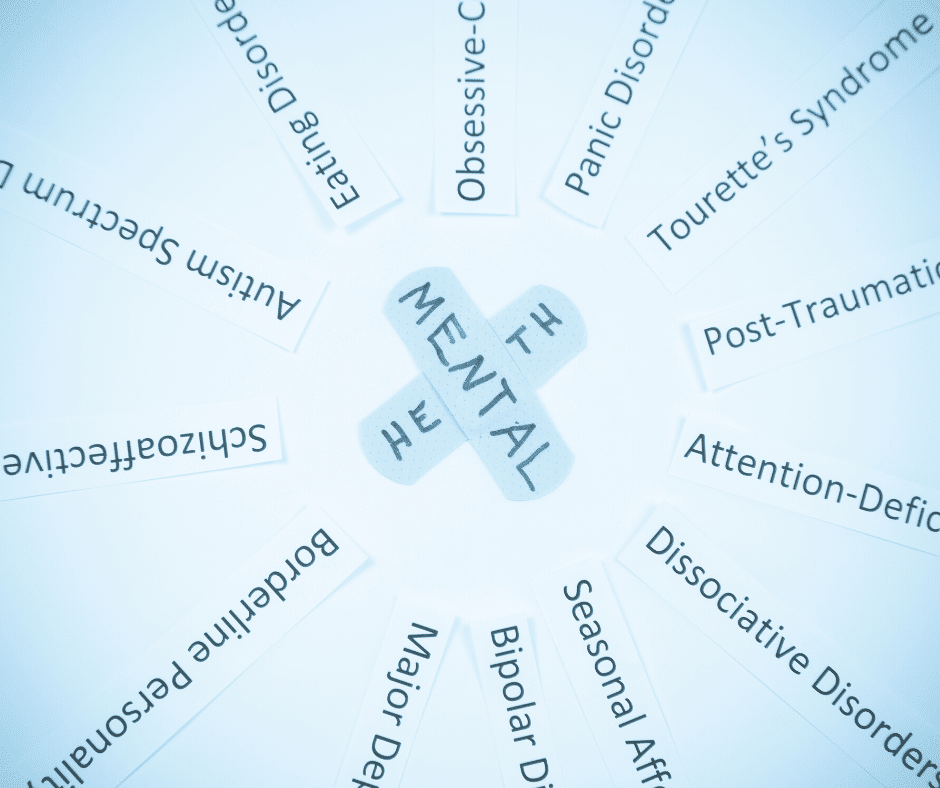
Schedule Your Appointment
List of Psychological Disorders and Mental Health Conditions
List of Psychological Disorders and Mental Health ConditionsAdvanced Psychology Services
Condition grouping is based on APA DSM-5.
Anxiety Disorders
Agoraphobia
Agoraphobia is a specific phobia that is typically paired with a panic or anxiety disorder. It is not a mental illness on its own but a specific grouping of behaviors that are related to a panic or anxiety disorder... Read More
Claustrophobia
Those with Claustrophobia are well aware of the feelings associated with the true disorder. Dealing with small spaces can create intense discomfort and panic in a person with Claustrophobia... Read More
Depersonalization Disorder
The sensation of not being connected to your body or reality for a moment is a defense mechanism of the brain to reduce the amount of emotional trauma experienced in a moment. .. Read More
.. Read More
Generalized Anxiety Disorder (GAD)
Imagine always feeling like something bad was lurking around the next corner waiting to sabotage you. It would be extremely stressful and possibly debilitating, keeping you from enjoying time with family, friends, or just living a normal life... Read More
Obsessive-Compulsive Disorder (OCD)
When someone brings up Obsessive Compulsive Disorder usually people envision a person washing their hands incessantly, turning on and off the lights a certain number of times, or checking the stove knobs to the point that they miss out on important appointments... Read More
Panic Disorder & Panic Attacks
Imagine the feeling you get when someone jumps out from the darkness to scare you or there is a loud noise behind you without warning. Your heart might jump and begin to race, your breathing will speed up, you might feel faint, and begin to tremble. .. Read More
.. Read More
Perfectionism
Perfectionism is often seen as desirable personality trait of the successful and driven. When it is in its adaptive form it is considered to be a sign of accomplishment and high self esteem... Read More
Separation anxiety disorder
The behavior of a child with Separation Anxiety Disorder is intense, prolonged, and cannot be easily remedied. The dysfunction persists even when there is no real separation other than in thoughts or dreams... Read More
Social anxiety disorder / Social Phobia
Affective (Mood) Disorders
Bereavement
Death is an inevitable part of life. In some cases there is the unfortunate occurrence of a child that loses a parent, caregiver, or loved one at an age where death is not truly understood... Read More
Bipolar Disorder
One of the most misunderstood and clinically complicated disorders is Bipolar Disorder.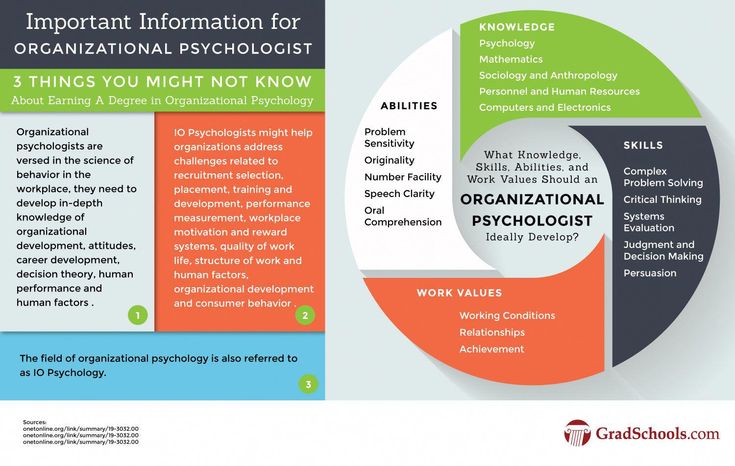 It has two types and up to 16 subtypes for diagnostic criteria. It is difficult to diagnose and also very difficult to treat... Read More
It has two types and up to 16 subtypes for diagnostic criteria. It is difficult to diagnose and also very difficult to treat... Read More
Clinical Depression (Major Depressive Disorder)
Depression is one of the most misunderstood disorders. People often wonder why those suffering with depression can’t just cheer up or get over it. The sadness just seems to never go away and life seems unbearable but often no one understands... Read More
Disruptive Mood Dysregulation Disorder
Disruptive Mood Dysregulation Disorder (DMDD) is a new diagnosis that is used in place of what used to be diagnosed as Bipolar Disorder in children. The intensity of mood swings in children diagnosed with Bipolar Disorder was not always an appropriate diagnostic measure but allowed them to get the treatment necessary for such a severely disruptive condition... Read More
Self-Harm (Cutting)
Self-injury, self-harm, or cutting is a serious behavior that accompanies many mental illnesses in both youth and adults.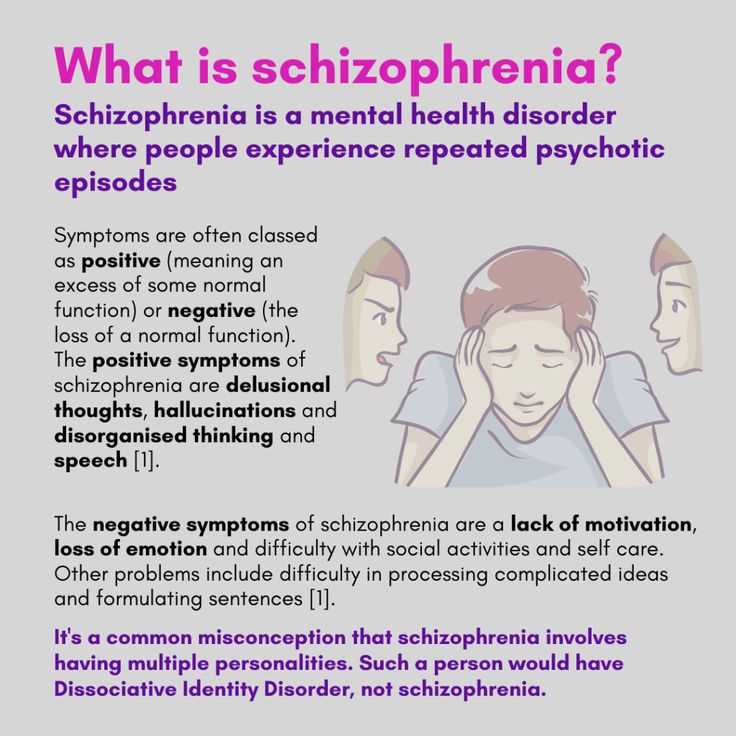 Those that engage in cutting can find prolific internet resources that explain how to cut, where to cut, and how to hide it from others... Read More
Those that engage in cutting can find prolific internet resources that explain how to cut, where to cut, and how to hide it from others... Read More
Depersonalization Disorder
The feeling of depersonalization happens at some point in the lives of most people. It is what you might feel when witnessing a horrible car accident or when receiving devastating news... Read More
Autistic Disorders
Asperger Syndrome
Asperger’s Syndrome is a form of mild autism that affects both males and females. Someone with Asperger’s is born with the condition and shows signs of being different during infancy or childhood. There are studies being done to determine the cause of Asperger’s with mixed results... Read More
Autism Spectrum Disorders (ASD)
Autism awareness has reached an all time high with most people having someone with Autism in their family or a close friend with a child with Autism.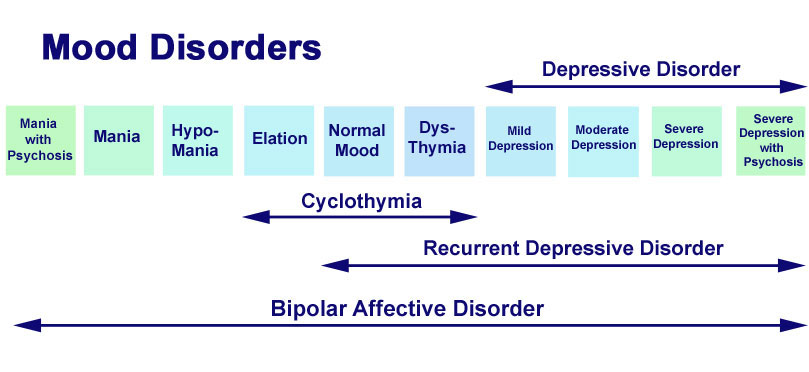 Autism Spectrum Disorder is an umbrella term that covers those with mild to severe Autism or Asperger’s Syndrome... Read More
Autism Spectrum Disorder is an umbrella term that covers those with mild to severe Autism or Asperger’s Syndrome... Read More
Behavioral, Self-Regulation and Attention Disorders
ADD and ADHD
Attention Deficit/Hyperactivity Disorder and Attention Deficit Disorder have both been under the microscope lately with many people feeling it is over diagnosed. There are no known causes for ADD/ADHD but there is speculation that overstimulation of young children creates an impatience with normal life... Read More
Attachment Disorder
When a child is born it has many needs. The child will need food, warmth, and to generally be taken care of. What many may not be aware is an important need is an attachment to a caretaker. This includes being swaddled, cradled, spoken to, touched, and loved... Read More
Intermittent Explosive Disorder (Uncontrolled Anger)
We have all witnessed a child throw a tantrum in which they expressed anger, threw things, and maybe said some harsh words for not getting their way.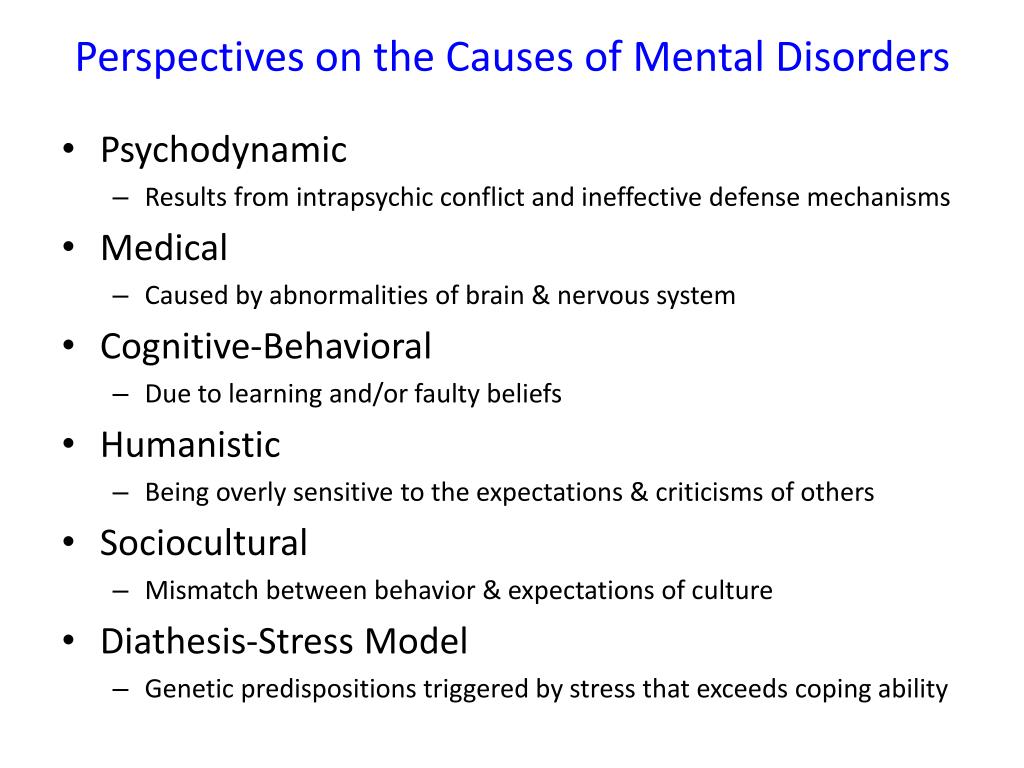 They test their limits and show emotions that may not be ideal but it helps them figure out their boundaries... Read More
They test their limits and show emotions that may not be ideal but it helps them figure out their boundaries... Read More
Kleptomania
Kleptomania is a serious disorder that could land you or your loved one in jail. Most children learn their lesson early in life that taking things that do not belong to them is not okay. It is a lesson that most take into adulthood and pass on to the next generation... Read More
Oppositional Defiant Disorder (ODD)
If asked to diagnose a child that is moody, talks back, won’t follow rules, and can be vindictive most people will say that is normal childhood behavior. It may be, but if the behavior is severe enough it could be Oppositional Defiant Disorder. Hopefully this information will allow you to tell the difference... Read More
Pyromania
Pyromania is a very rare condition that is considered an impulse control disorder.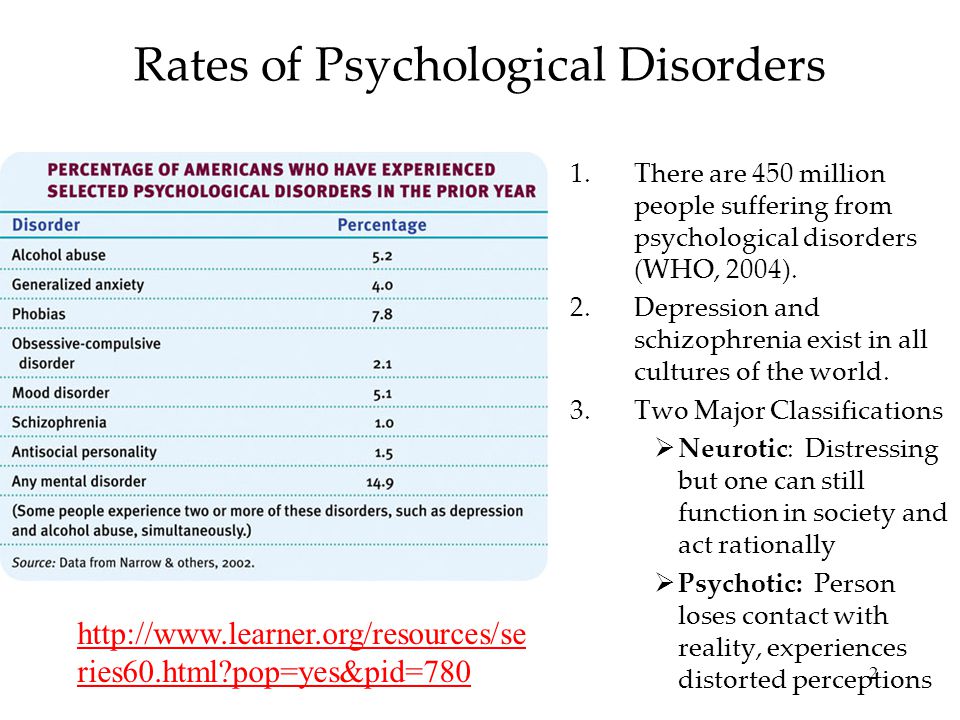 It is more common in males than in females but can occur in both. Pyromania normally begins in childhood or adolescence and will persist throughout the person’s life if there is no treatment... Read More
It is more common in males than in females but can occur in both. Pyromania normally begins in childhood or adolescence and will persist throughout the person’s life if there is no treatment... Read More
Self Injury (Cutting)
Self-injury, self-harm, or cutting is a serious behavior that accompanies many mental illnesses in both youth and adults. Those that engage in cutting can find prolific internet resources that explain how to cut, where to cut, and how to hide it from others... Read More
Eating Disorders
Anorexia Nervosa
Anorexia is a disorder that is often in the spotlight due to the strong influence of the media to have the perfect body. Even the thinnest models are photo shopped to appear thinner in magazines that are marketed to those in the pre-teen to young adult woman demographic group... Read More
Binge-Eating Disorder
Binge-Eating Disorder is not an affliction of the overweight or obese population. A person can have this disorder and be of average weight. This disorder usually begins during the teen years or early twenties and can occur in both men and women... Read More
A person can have this disorder and be of average weight. This disorder usually begins during the teen years or early twenties and can occur in both men and women... Read More
Bulimia Nervosa
Bulimia is an eating disorder that is less publicized and recognized by the media and general public than its counterpart, anorexia nervosa. Although they are both eating disorders that can be a danger to the sufferer, bulimia is much harder to identify and diagnose without the admission of the client or observation of the rituals by family or friends... Read More
Personality Disorders
Antisocial Personality Disorder
Attachment Disorder
When a child is born it has many needs. The child will need food, warmth, and to generally be taken care of. What many may not be aware is an important need is an attachment to a caretaker. This includes being swaddled, cradled, spoken to, touched, and loved. .. Read More
.. Read More
Avoidant Personality Disorder
A child that attempts to avoid all responsibilities in which they must socialize with others may not just simply be shy. Although the diagnosis of Avoidant Personality Disorder can only be made in those over the age of 18, many symptoms present well before early adulthood... Read More
Borderline Personality Disorder
Personality disorders are usually fairly simple to diagnose but difficult to treat. In their essence, they are a disorder of personality, which the person with the diagnosis usually describes as, “just how I am”. A person with Borderline Personality Disorder is always in a state of turmoil, unrest, or fear... Read More
Dissociative Identity Disorder (Multiple Personality Disorder)
Dissociative Identity Disorder is a controversial diagnosis in the mental health community.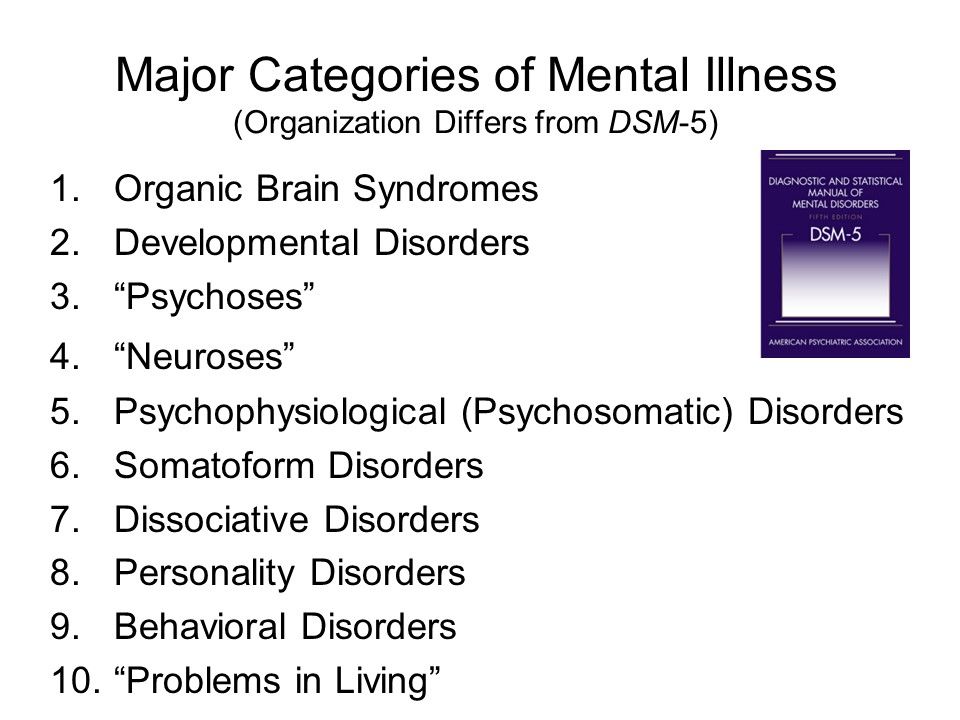 There is still a divide between those who believe it is a true illness and those who feel it is a form of defense mechanism that is used to gain attention by the client... Read More
There is still a divide between those who believe it is a true illness and those who feel it is a form of defense mechanism that is used to gain attention by the client... Read More
Substance-Dependence Disorders and Addictions
Cannabis Dependence
The argument for or against marijuana use has been ongoing for many decades. Medical professionals and researchers are finding that the use of marijuana can be medically beneficial for a long list of illnesses. Although there are benefits to using marijuana medicinally there are occasions in which the recreational use of cannabis can cause problems... Read More
Cocaine Dependence
Drug addiction is one thing that can seemingly transform a person into someone you no longer recognize. In most cases, the user loses sight of who they are as well. The grip of cocaine on the life of a person is cold and unrelenting. Long after the desire to use has passed the requirement of the body to have the drug to function becomes apparent.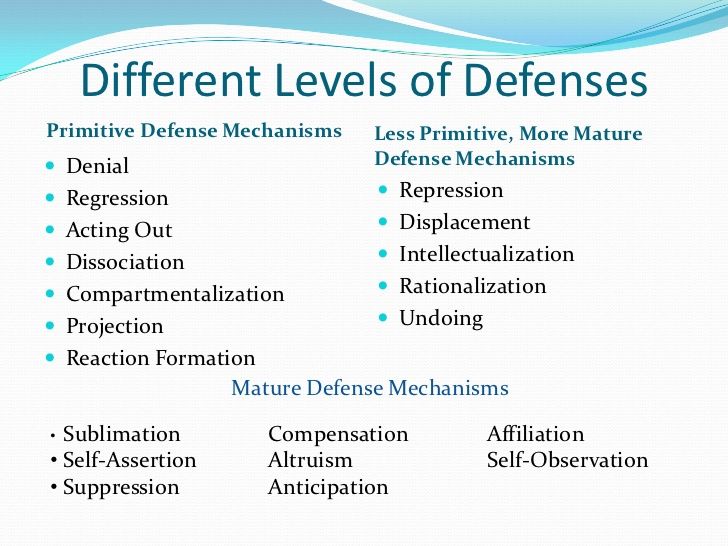 .. Read More
.. Read More
Hypersexuality (Sex Addiction)
Sex addiction, or hypersexuality, is often a debated condition that people consider an excuse for bad behavior. When a celebrity is caught cheating or in a sexually provocative situation, they often cite sex addiction as their excuse... Read More
Self–Perception/Self-identity Disorders
Body Dysmorphic Disorder
Everyone has the one or two things about their body that they would like to change. It is every teen’s nightmare to grow an unsightly pimple the night before the prom or picture day. Some may want larger muscles while others want a smaller waist. This is a normal issue that most people have in one way or another... Read More
Dissociative Identity Disorder (Multiple Personality Disorder)
Dissociative Identity Disorder is a controversial diagnosis in the mental health community.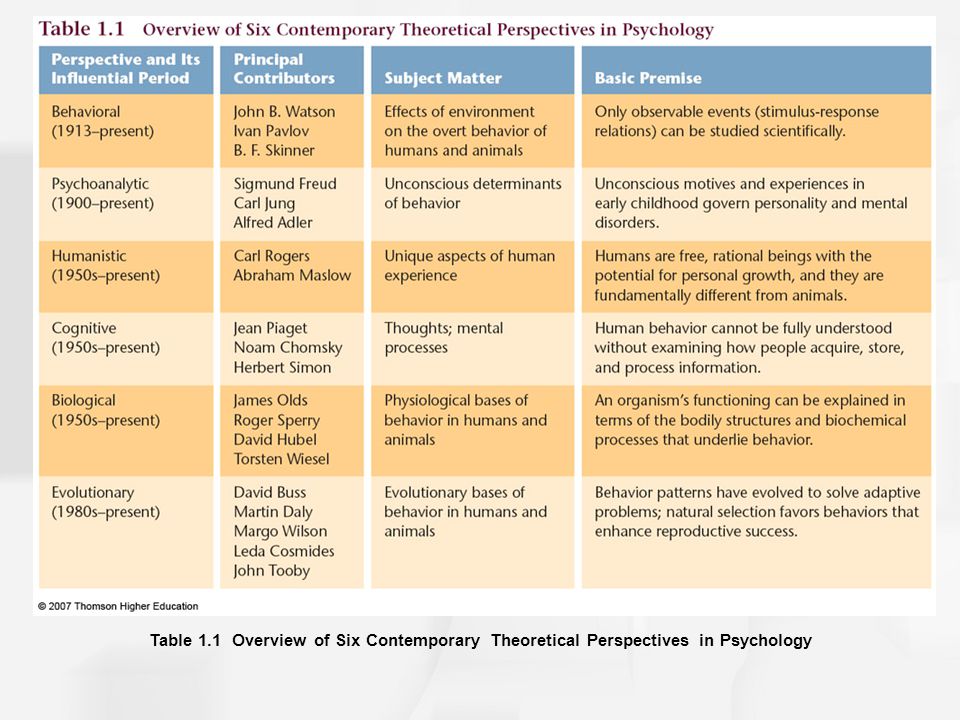 There is still a divide between those who believe it is a true illness and those who feel it is a form of defense mechanism that is used to gain attention by the client. Dissociative Identity Disorder, formerly known as Multiple Personality Disorder, has an average age of onset between the ages of 5 and 6 years old... Read More
There is still a divide between those who believe it is a true illness and those who feel it is a form of defense mechanism that is used to gain attention by the client. Dissociative Identity Disorder, formerly known as Multiple Personality Disorder, has an average age of onset between the ages of 5 and 6 years old... Read More
Depersonalization Disorder
The feeling of depersonalization happens at some point in the lives of most people. It is what you might feel when witnessing a horrible car accident or when receiving devastating news... Read More
Gender Dysphoria (form. Gender Identity Disorder)
Gender Dysphoria, previously known as Gender Identity Disorder, is a diagnosis that can be applied to children, adolescents, and adults. It is no longer considered a disorder due to gender identification not being a mental illness... Read More
Developmental Disorders
Asperger Syndrome
Asperger’s Syndrome is a form of mild autism that affects both males and females.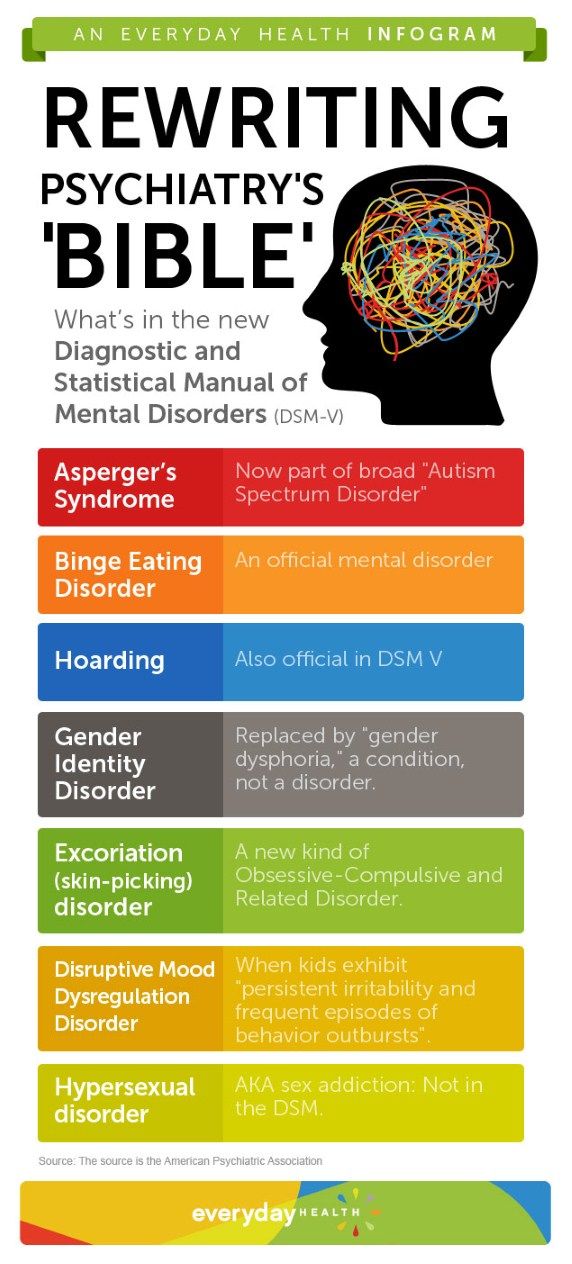 Someone with Asperger’s is born with the condition and shows signs of being different during infancy or childhood. There are studies being done to determine the cause of Asperger’s with mixed results... Read More
Someone with Asperger’s is born with the condition and shows signs of being different during infancy or childhood. There are studies being done to determine the cause of Asperger’s with mixed results... Read More
Autism Spectrum Disorders (ASD)
Autism awareness has reached an all time high with most people having someone with Autism in their family or a close friend with a child with Autism. Autism Spectrum Disorder is an umbrella term that covers those with mild to severe Autism or Asperger’s Syndrome... Read More
Intellectual Development Disorder (form. Mental Retardation)
The intelligence quotient, or IQ, test has been a common tool in academic communities to determine the ability of a person to learn. It has been misused most often to segregate students of different backgrounds into separate learning environments... Read More
Stress-Related/Reactive disorders
General Adaptation Disorder (Adjustment Disorder)
Adjustment Disorder is a form of general diagnosis for those that do not have symptoms severe enough to be considered mentally ill.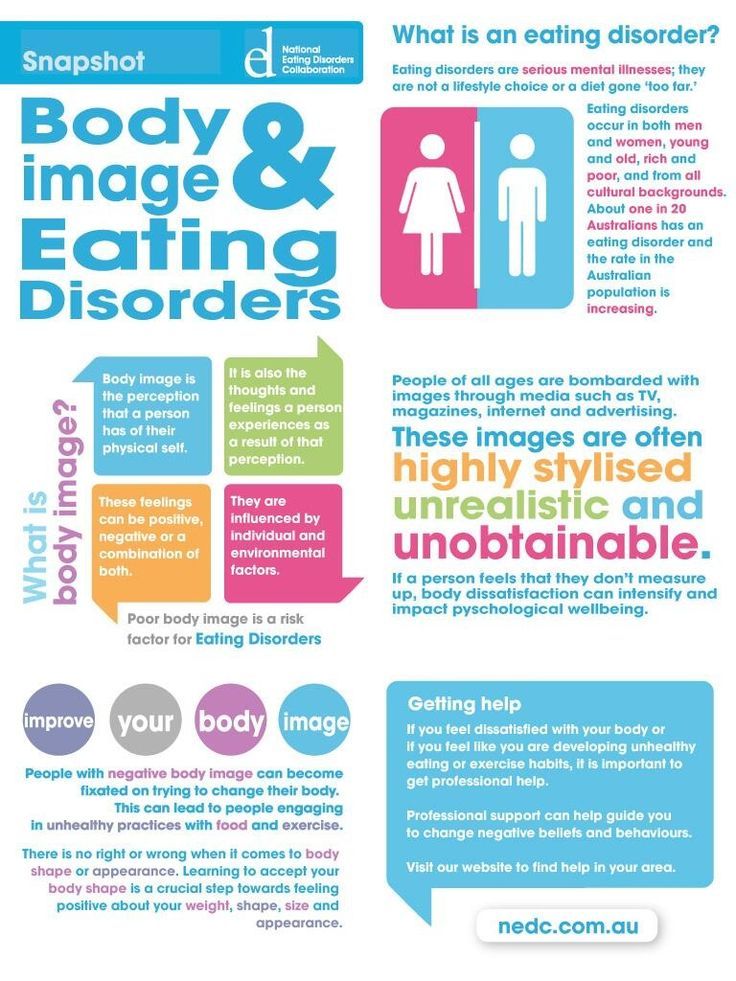 Anything that causes stress can cause an Adjustment Disorder. Being sick with the flu, moving, getting married, having a child, difficulty in school, or a visit from family... Read More
Anything that causes stress can cause an Adjustment Disorder. Being sick with the flu, moving, getting married, having a child, difficulty in school, or a visit from family... Read More
Post Traumatic Stress Disorder (PTSD)
Tragic life events have a way of leaving an indelible mark on our psyche. Tragedy is a relative term and has a unique meaning for each individual. For one person, tragedy may be an unexpected job loss while others may feel tragedy is the death of a loved one... Read More
Psychotic/Thought Disorders
Schizophrenia
Schizophrenia is one of the most complex disorders to treat and to understand. There is a great level of diversity in the symptoms and they will vary greatly from person to person, and even from day to day in the same individual. Only 1% of the population is known to have Schizophrenia but the chances of developing the disorder is increased in families with a history of the illness. .. Read More
.. Read More
Sleep Disorders
Insomnia Disorder
Insomnia is a common sleep disorder that can make it hard to fall asleep, hard to stay asleep, or cause you to wake up too early and not be able to get back to sleep. You may still feel tired when you wake up. Insomnia can sap not only your energy level and mood but also your health, work performance and quality of life... Read More
Sleep terror disorder
Sleep terrors are not an issue that one will have to suspect are happening in their home. They are an obvious occurrence that does not go unnoticed. They are more noticeable and might occur more often than simple nightmares. In children, nightmares will usually wake a child from sleep and can be recalled... Read More
Treatment of bipolar disorder in Moscow at a price of 3000 rubles
Contents
Symptoms of bipolar disorder: the main manifestations of a mental disorder Help of an anonymous psychotherapist with bipolar disorder in Moscow Anonymous Psychotherapy for Bipolar Disorder: Treatment of Bipolar SyndromeConsultation of the head physician, psychotherapist online
Article reviewed by an expert
Boyarskaya Elena Sergeevna
Candidate of Medical Sciences, psychiatrist-narcologist, psychotherapist, social psychologist
Article score:
24-hour psychiatry 8 (800) 301-31-54
Bipolar affective disorder (previously called manic-depressive psychosis) is an illness characterized by alternating episodes of mania and depression.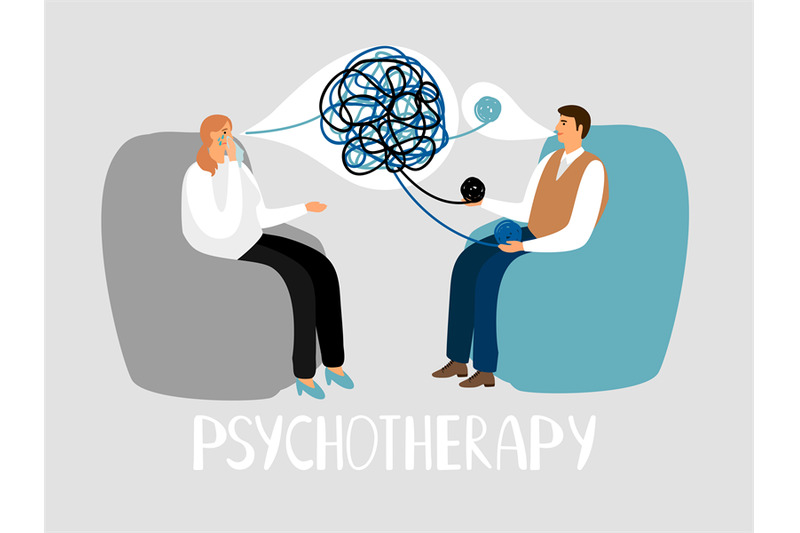 In the phase of mania, a person's mood rises, he is excited and active. In the phase of depression, the mood is depressed, the person is uncommunicative, practically does not get out of bed. Bipolar disorder is a severe mental illness associated with a significant deterioration in a person's quality of life and an increased risk of suicide. The consequences of the disease inevitably affect relationships with relatives, professional activities, and social life. But even though bipolar disorder is a chronic condition, it can be successfully controlled with medication. nine0003
In the phase of mania, a person's mood rises, he is excited and active. In the phase of depression, the mood is depressed, the person is uncommunicative, practically does not get out of bed. Bipolar disorder is a severe mental illness associated with a significant deterioration in a person's quality of life and an increased risk of suicide. The consequences of the disease inevitably affect relationships with relatives, professional activities, and social life. But even though bipolar disorder is a chronic condition, it can be successfully controlled with medication. nine0003
Bipolar affective disorder refers to endogenous mental illness. These are diseases that are caused by internal (endogenous) factors. The basis of the development of bipolar disorder is an imbalance of neurotransmitters in the brain. An important role is played by the hereditary factor - bipolar syndrome often occurs in people whose relatives suffer from severe mental disorders. Exacerbations of bipolar disorder often occur suddenly, for no apparent reason. As the patients themselves say: “Yesterday everything was fine. And the next morning I woke up, and such longing covered me that I didn’t want to live. ” However, relapses of the disease can also be triggered by various stress factors: the birth of a child, the death of a loved one, conflicts in the family, troubles at work, alcohol and drugs, etc. nine0003
As the patients themselves say: “Yesterday everything was fine. And the next morning I woke up, and such longing covered me that I didn’t want to live. ” However, relapses of the disease can also be triggered by various stress factors: the birth of a child, the death of a loved one, conflicts in the family, troubles at work, alcohol and drugs, etc. nine0003
Bipolar affective disorder develops at a young age - up to 20-30 years. And patients spend their entire lives with this disease. However, in many patients, bipolar disorder remains unrecognized for a long time. This is due to late seeking medical help or misdiagnosis. The whole complexity of bipolar disorder is that the disease can proceed in different ways. The classic version is the alternation of phases of mania and depression, between which there are "light" intervals - intermissions. However, a unipolar course of the disease is also possible. For example, a patient may have intermittent only manic phases. Or just depression.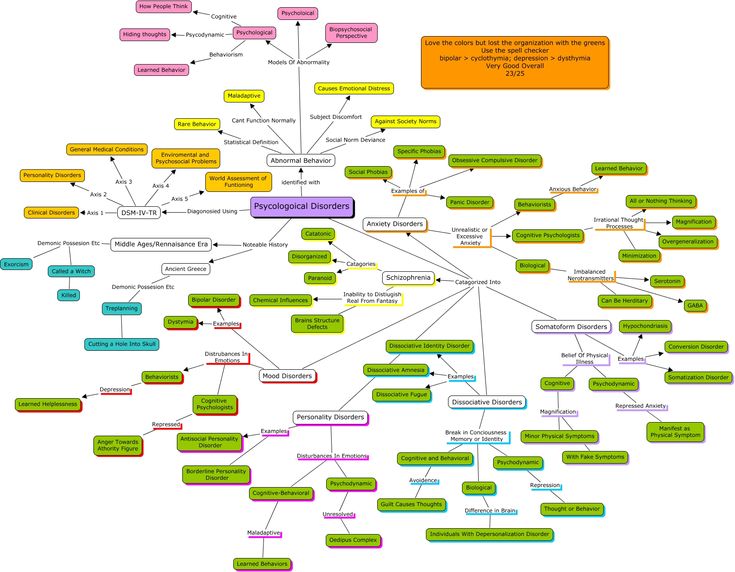 Such a variety of variants of the course of the disease complicate its diagnosis. nine0003
Such a variety of variants of the course of the disease complicate its diagnosis. nine0003
Bipolar disorder is characterized by recurrent episodes of mania and depression. The duration of one phase of the disease can vary from 3 months to 2 years (but the average is 3-7 months). As a rule, the depressive phase lasts longer than the manic phase. Light intervals (intermissions) between phases can last from 3 to 7 years. During this period, there are no manifestations of bipolar disorder - the patient's psyche is fully restored. That is, a person is able to lead a habitual lifestyle, take care of a family, go to work, etc. Unfortunately, in some patients, intermissions do not last long, and they soon return to the disease state again. Moreover, the alternation of phases of mania and depression can even occur without periods of remission. nine0003
Symptoms of bipolar syndrome in the manic phase:
- Elevated mood. A person is in high spirits for no apparent reason, feels a surge of energy and cheerfulness.
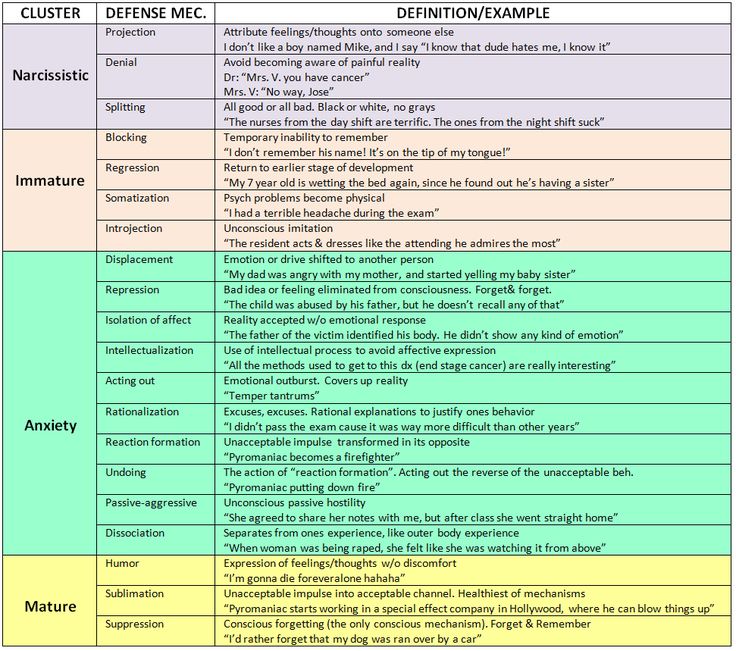
- Motor excitation. The patient cannot sit still, he begins to walk from room to room, rearrange objects, etc. At the same time, the activity is unproductive.
- Mental arousal. Speech is fast and often incoherent. Jumping from one topic to another is typical. The person is very distracted and inattentive. nine0030
- Decreased need for sleep. A person sleeps a couple of hours a day.
- Increases sexual libido. For this reason, patients may engage in promiscuity.
- There is unreasonable irritability and anger. Aggressive attacks in relation to others are possible.
- Excessive involvement in various activities. A person can engage in creative activities - write poetry or draw pictures, but works have no content. Or the patient makes impulsive expensive purchases, invests in dubious projects, etc. nine0030
- Lack of self-criticism. Patients are confident that they are in their best mental state and do not recognize themselves as sick.
The depressive phase of the disease is manifested by the following symptoms:
- Depressed mood.
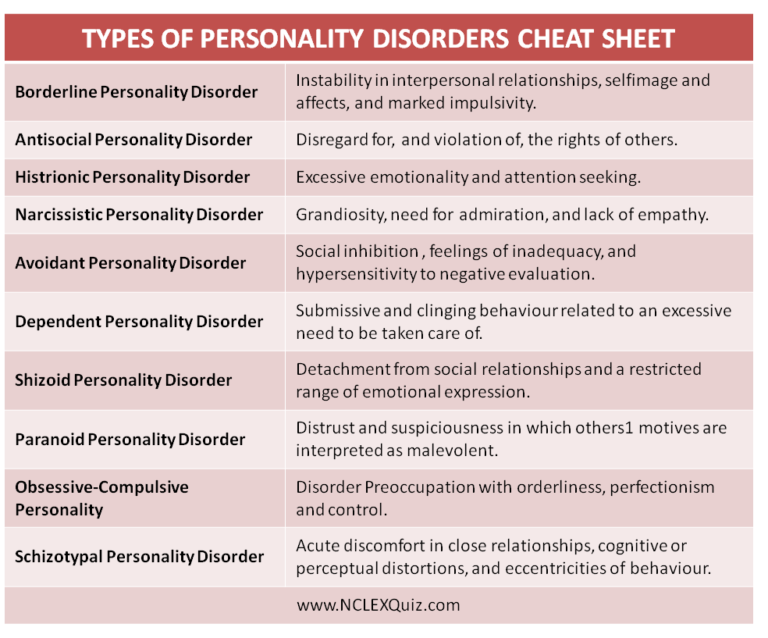 Longing suddenly covers a person for no apparent reason.
Longing suddenly covers a person for no apparent reason. - Fatigue and loss of energy. Loss of desire to do anything.
- Slow thinking. The person speaks little and slowly answers questions. nine0029 Motor retardation. The patient practically does not move, and most of the time he simply lies in bed in a motionless position.
- Sleep disorders. The patient can sleep for 12 hours or suffer from insomnia. There is marked drowsiness during the day.
- Loss of appetite. The patient may not eat for several days.
- Anhedonia. Inability to enjoy. The patient loses interest in his hobbies, communication with relatives.
- Suicidal thoughts. This is the most dangerous manifestation of the disease. nine0030
Help of an anonymous psychotherapist with bipolar disorder in Moscow
A patient with an acute condition of bipolar disorder needs urgent treatment.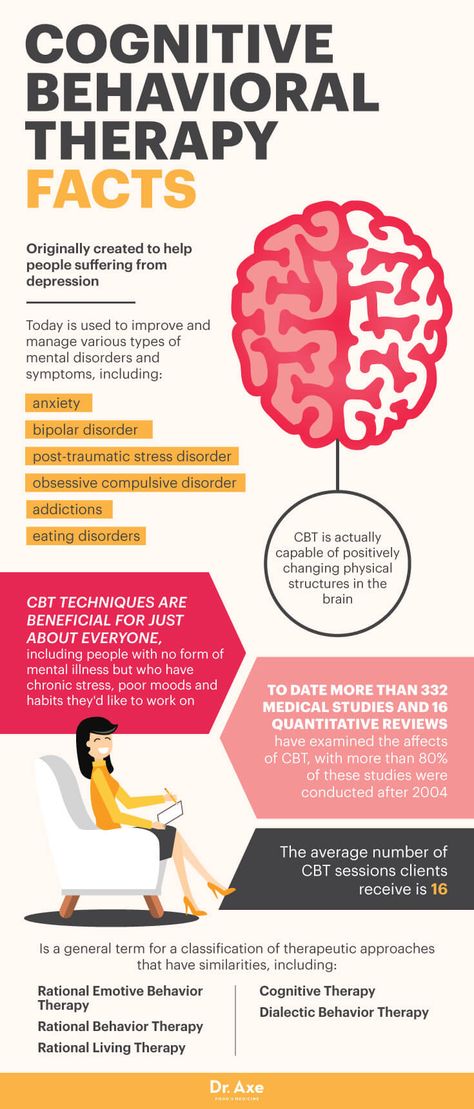 In this case, it is necessary to call an ambulance psychiatric help. But you need to understand that at home specialists provide only emergency care. Full help for bipolar disorder can only be provided in a psychiatric hospital. The patient may be admitted to a public or private psychiatric hospital. Treatment in a private psychiatric clinic has many advantages. Here, treatment is carried out on the condition of anonymity, patients are not registered with the dispensary and information about them is not transferred to government agencies. In addition, living conditions in a private clinic are much better than in a public one. nine0003
In this case, it is necessary to call an ambulance psychiatric help. But you need to understand that at home specialists provide only emergency care. Full help for bipolar disorder can only be provided in a psychiatric hospital. The patient may be admitted to a public or private psychiatric hospital. Treatment in a private psychiatric clinic has many advantages. Here, treatment is carried out on the condition of anonymity, patients are not registered with the dispensary and information about them is not transferred to government agencies. In addition, living conditions in a private clinic are much better than in a public one. nine0003
The treatment of bipolar disorder is carried out in three stages:
- Relief of the acute condition. The doctor prescribes large doses of drugs to stabilize the patient's mental state. Doctors of a private clinic, thanks to their extensive clinical experience, stop an acute disorder in 2-3 days.
- Status stabilization. The goal of this stage of treatment is to achieve remission.
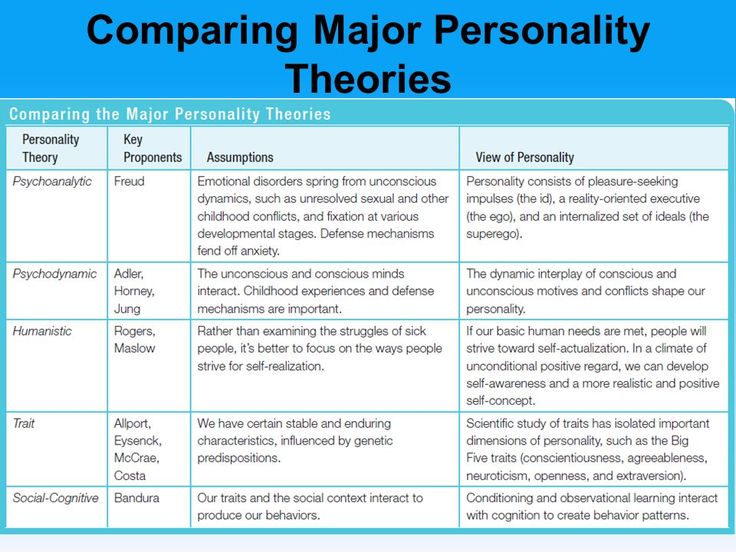 This may take 1 to 3 months. The doctor selects the optimal drug therapy, monitors the patient's response and, if necessary, makes changes to the treatment regimen. nine0030
This may take 1 to 3 months. The doctor selects the optimal drug therapy, monitors the patient's response and, if necessary, makes changes to the treatment regimen. nine0030 - Maintenance therapy. It is carried out on an outpatient basis. The main task of this stage of treatment is to maintain remission. At this stage, the patient takes medications in the minimum maintenance dosage, and also undergoes psychotherapy.
The treatment of bipolar syndrome by a psychotherapist is not complete without the use of drugs. Doctors use a group of drugs called mood stabilizers. Normothymic drugs include lithium preparations and anticonvulsant drugs. They are prescribed for both treatment and prevention of bipolar disorder. During the relief of an episode of mania, antipsychotics may also be prescribed to the patient. In the treatment of depression, an antidepressant is sometimes added to mood stabilizers. Drug therapy for bipolar disorder has many nuances. First of all, for the relief of an acute condition, it is necessary to choose the right drugs and their dosage.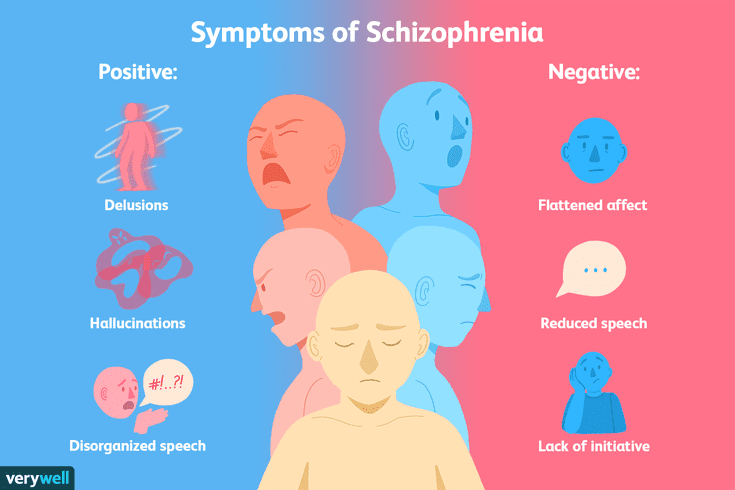 The wrong scheme of drug treatment will not only not help, but will also aggravate the situation. Therefore, the treatment of bipolar disorder should be carried out by psychiatrists with impressive experience in psychopharmacotherapy. With the ineffectiveness of drug treatment, electroconvulsive therapy is indicated. nine0003
The wrong scheme of drug treatment will not only not help, but will also aggravate the situation. Therefore, the treatment of bipolar disorder should be carried out by psychiatrists with impressive experience in psychopharmacotherapy. With the ineffectiveness of drug treatment, electroconvulsive therapy is indicated. nine0003
Anonymous Psychotherapy for Bipolar Disorder: Treatment of Bipolar Syndrome
Bipolar disorder is a chronic disease, so patients need to take medication for a long time, possibly for life. Unfortunately, patients do not always understand this and can stop treatment on their own. To prevent such a scenario, the psychiatrist conducts an explanatory conversation with the patient and talks about the consequences of unauthorized drug withdrawal. However, psychotherapeutic care for bipolar syndrome is not limited to education about the features of the disease and the importance of drug treatment. After stabilization of the mental state of the patient proceed to personal psychotherapy. nine0003
nine0003
Psychotherapy is carried out in individual or group sessions. The psychotherapist helps the patient to harmonize the regimen of the day, sleep, nutrition, physical activity. This is an important condition for preventing recurrence of the disease. The doctor also educates the patient on early recognition of the symptoms of the disease and explains how to proceed in such a situation. Another task of psychotherapy is to teach the patient to cope with stress factors. It is known that negative life events can provoke a relapse of the disease. However, this can be avoided if the patient learns to effectively resist traumatic situations. In general, supportive drug therapy in combination with psychotherapy for bipolar disorder will help achieve a stable remission, which allows a person to return to a full life. nine0003
An acute mental disorder is a difficult test not only for a sick person, but also for his relatives. Therefore, the patient's relatives also need psychotherapy.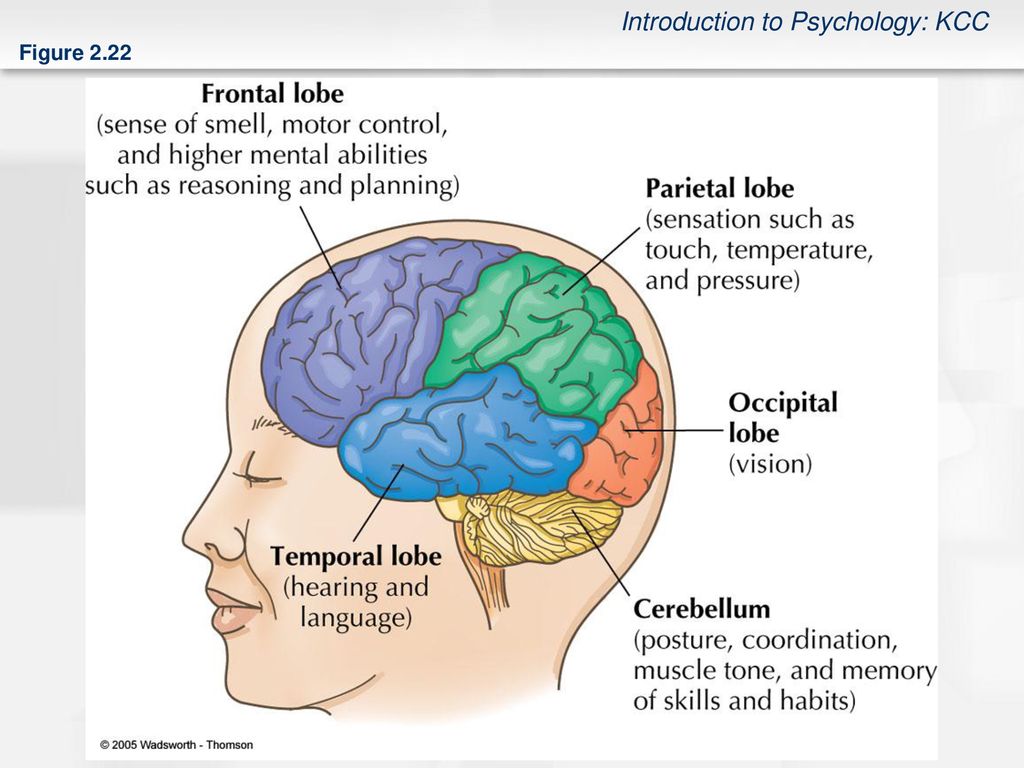 A psychotherapist will help relatives survive the current stressful situation, get rid of guilt and other depressing feelings. The doctor informs relatives about the features of the disease, explains the mechanism of a person's behavior in psychosis - this will help to treat the patient with understanding, not to feel resentment and anger. A psychotherapist also teaches proper behavior with a person with a mental disorder. In general, psychotherapy helps to create harmonious relationships between family members, even in such difficult conditions. nine0003
A psychotherapist will help relatives survive the current stressful situation, get rid of guilt and other depressing feelings. The doctor informs relatives about the features of the disease, explains the mechanism of a person's behavior in psychosis - this will help to treat the patient with understanding, not to feel resentment and anger. A psychotherapist also teaches proper behavior with a person with a mental disorder. In general, psychotherapy helps to create harmonious relationships between family members, even in such difficult conditions. nine0003
All prices
Information about mental disorders
Depressive disorder
Obsessive-compulsive disorder
Treatment of mental disorders
Treatment of depression
nine0002 Treatment of panic attacksPsychiatric doctor's help
Psychiatrist at home
Cost of psychiatric services
Psychotherapist
Clinic reviews
five nine0003
My brother has bipolar disorder and it is very difficult to explain how difficult it is to live with such a person, especially when depression sets in, I literally could not leave the house and leave my brother alone. In state medical institutions, they were unable to find effective treatment, which aggravated the situation even worse. This psychiatric clinic was my last hope, but the treatment in the hospital exceeded all my expectations. The psychiatrist was not only able to find an approach and select drug therapy, but also supported us very much, and even after the end of therapy he was interested in my brother's well-being. I was very pleased with the attitude of the staff in the inpatient department, my brother did not feel abnormal, the clinic staff cheered him up all the time. In the future, he will undergo preventive treatment only in this psychiatric hospital! Thank you very much to the doctor and the doctor, and separately to the whole clinic! nine0003
In state medical institutions, they were unable to find effective treatment, which aggravated the situation even worse. This psychiatric clinic was my last hope, but the treatment in the hospital exceeded all my expectations. The psychiatrist was not only able to find an approach and select drug therapy, but also supported us very much, and even after the end of therapy he was interested in my brother's well-being. I was very pleased with the attitude of the staff in the inpatient department, my brother did not feel abnormal, the clinic staff cheered him up all the time. In the future, he will undergo preventive treatment only in this psychiatric hospital! Thank you very much to the doctor and the doctor, and separately to the whole clinic! nine0003
All reviews
Treatment of hysterical disorder in Moscow at a price of 3000 rubles
Contents
Symptoms of a hysterical disorder: the main manifestations of a mental disorder Help of an anonymous psychotherapist with hysterical disorder in Moscow Anonymous psychotherapy of hysterical disorders: treatment of hysteria syndrome nine0002 Consultation of the chief physician, psychotherapist onlineArticle reviewed by an expert
Boyarskaya Elena Sergeevna
Candidate of Medical Sciences, psychiatrist-narcologist, psychotherapist, social psychologist
Article score:
24-hour psychiatry 8 (800) 301-31-54
The main characteristic of the disease is the constant desire of the patient to get attention at any cost.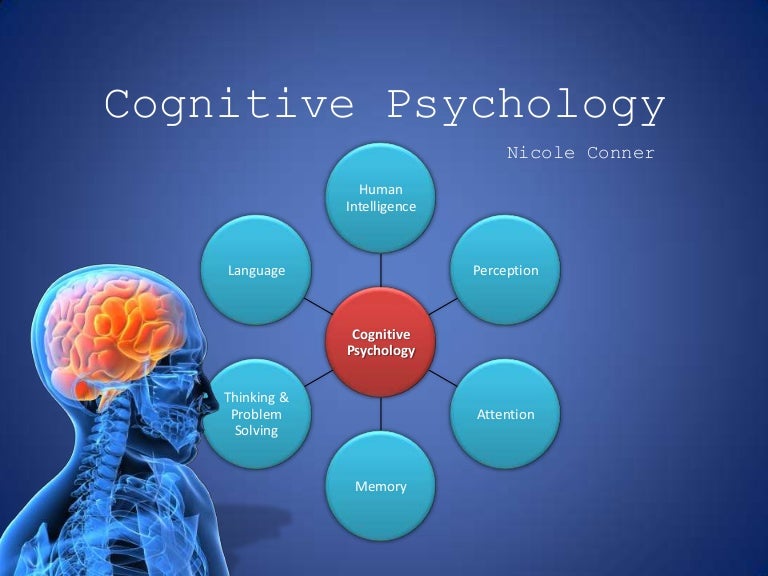 Hysterical disorder causes the affected person to resort to various actions and manipulations in order to remain in the spotlight: patients exploit their appearance and sexuality or create an eccentric image. In pursuit of other people's emotions, people suffering from this disorder use every opportunity, up to staged suicide. Hysterical syndrome is more common in women than in men. This disorder in most cases is combined with others: borderline, antisocial, narcissistic. It can also coexist with a depressive disorder or, over time, cause the patient to develop depression. People suffering from a hysterical disorder avoid failure, which is why they remain infantile in personal development. They hold superficial interests, do not establish deep contact with other people, and tend to change jobs and social circles frequently. Hysterical syndrome entails increased emotionality, impressionability, suggestibility. Patients often suffer from various psychosomatic disorders: they do not invent symptoms of various diseases for the sake of manipulation, but significantly exaggerate their feelings.
Hysterical disorder causes the affected person to resort to various actions and manipulations in order to remain in the spotlight: patients exploit their appearance and sexuality or create an eccentric image. In pursuit of other people's emotions, people suffering from this disorder use every opportunity, up to staged suicide. Hysterical syndrome is more common in women than in men. This disorder in most cases is combined with others: borderline, antisocial, narcissistic. It can also coexist with a depressive disorder or, over time, cause the patient to develop depression. People suffering from a hysterical disorder avoid failure, which is why they remain infantile in personal development. They hold superficial interests, do not establish deep contact with other people, and tend to change jobs and social circles frequently. Hysterical syndrome entails increased emotionality, impressionability, suggestibility. Patients often suffer from various psychosomatic disorders: they do not invent symptoms of various diseases for the sake of manipulation, but significantly exaggerate their feelings.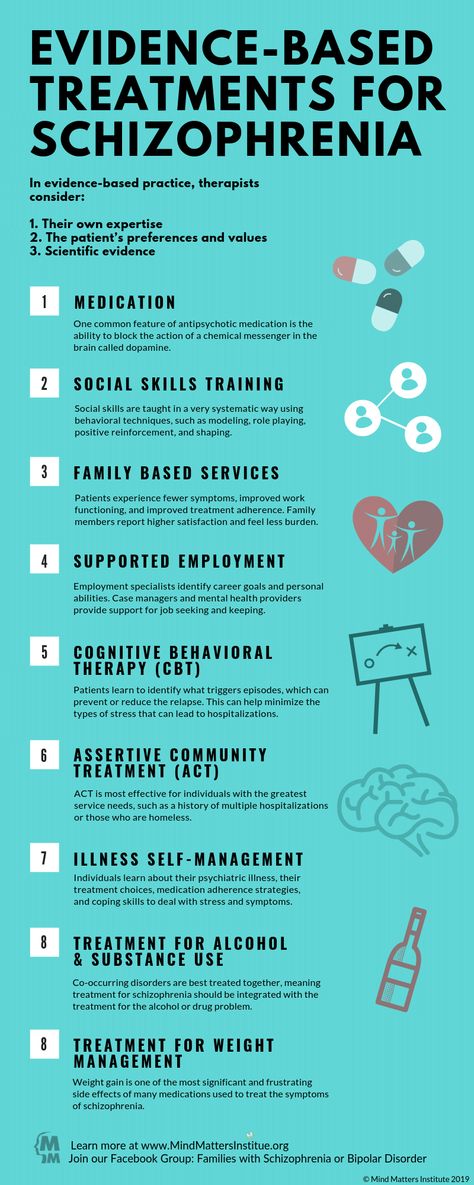 Because of their impressionability, they focus on exaggerated symptoms and begin to experience them in reality. Hysterical disorder blurs the line between real and imagined in all areas of the patient's life. The patient loses the criteria for an objective assessment of reality, for him subjective experiences become the head. He may not see the difference between fantasy and reality, which is why he appears to other people as a deceiver. nine0003
Because of their impressionability, they focus on exaggerated symptoms and begin to experience them in reality. Hysterical disorder blurs the line between real and imagined in all areas of the patient's life. The patient loses the criteria for an objective assessment of reality, for him subjective experiences become the head. He may not see the difference between fantasy and reality, which is why he appears to other people as a deceiver. nine0003
Hysterical syndrome can be acute in patients under 30 years of age, and by the age of 30-35 the patient often learns to control the disorder on his own. The disease can sharply worsen in women during menopause, and a surge in the disorder can also be combined with the appearance or exacerbation of other diseases in the patient.
From the hysterical disorder, relatives of the patient may suffer to a greater extent, and not the patient himself. Tantrums are prone to adventurous behavior, wastefulness. Because of their suggestibility, they are easily amenable to negative influence, they can become victims of swindlers.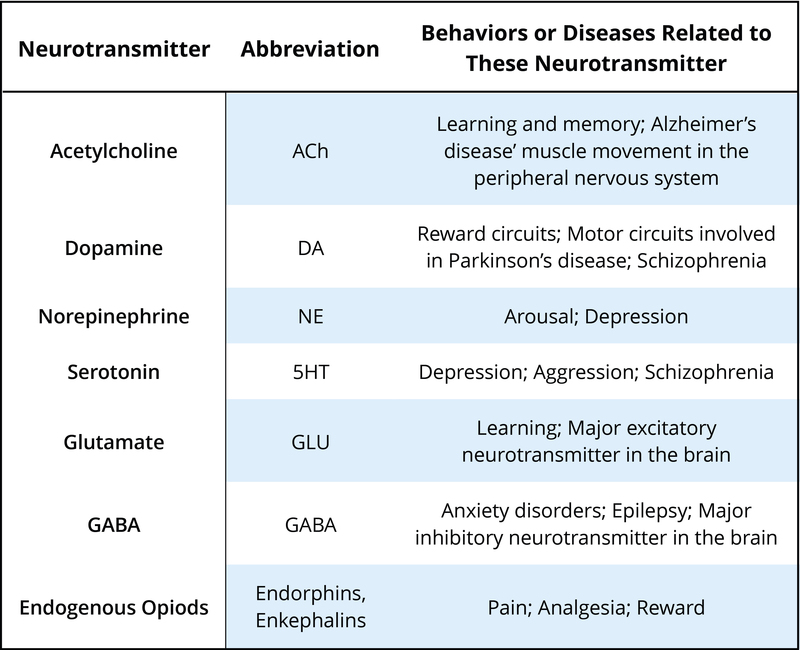 People with a hysterical disorder can suffer for years from illnesses with unclear symptoms and manipulate loved ones. The causes of these diseases lie in psychosomatics. nine0003
People with a hysterical disorder can suffer for years from illnesses with unclear symptoms and manipulate loved ones. The causes of these diseases lie in psychosomatics. nine0003
Hysterical syndrome does not require a visit to a psychiatrist, psychotherapy sessions will be enough for it. It is important to choose a doctor who can find contact with the patient, since successful treatment is impossible without the active participation of the patient. It is difficult for the patient to admit that he seeks to benefit from his illness: increased attention, encouragement, care.
To be diagnosed, the patient must have at least five of the following manifestations of hysterical disorder:
- Excessive need for attention. People with hysterical disorder feel uncomfortable if they are not the center of attention.
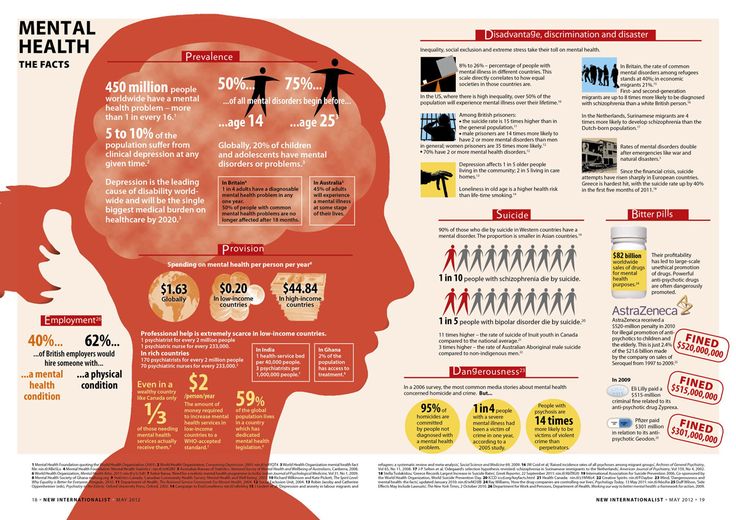 For hysteroid personalities, attention is important, not approval. They may act provocatively, causing a negative reaction or bewilderment.
For hysteroid personalities, attention is important, not approval. They may act provocatively, causing a negative reaction or bewilderment. - Inappropriate sexually seductive behavior. Symptoms of the hysteria syndrome include the sexual coloring of most of the patient's interpersonal contacts. Tantrums dress and behave seductively in situations that are not related to a romantic context: at work, at school. They may have several sexual partners at the same time. nine0030
- Emotional lability. People with hysterical disorder are characterized by rapid mood swings. A manifestation of hysterical disorder is not only emotionality, but also an exaggerated expression of emotions. Patients with this disorder often cry and laugh, talk loudly, and actively gesticulate.
- Perception of relationships as closer than they are. Among the symptoms of the hysteria syndrome, the inability to determine the real quality of the relationship is distinguished. The patient may interpret sympathy as love, and superficial acquaintance as close friendship.
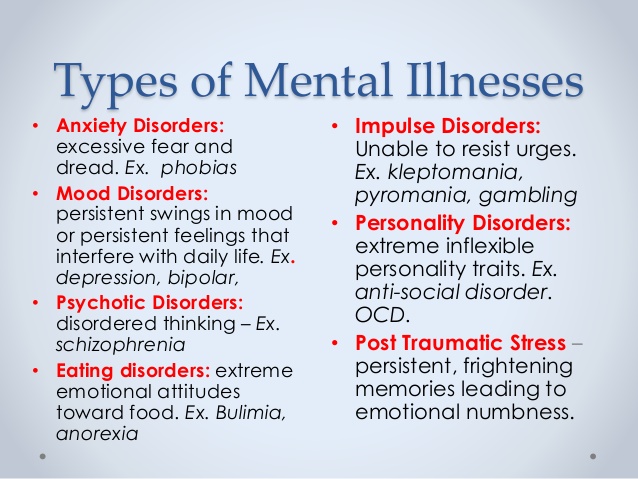 nine0030
nine0030 - Using appearance to attract attention. People with hysterical disorder choose bright clothes and makeup, their image can be not only beautiful and seductive - they often look like “freaks”, because negative attention is no less important for them than approval or admiration
- Suggestibility. The manifestations of hysterical disorder include excessive suggestibility of the patient. He easily falls under the influence of other people, often acts impulsively under the influence of the situation. nine0030
- Self-dramatization and theatricality. People with hysterical syndrome have vivid facial expressions, figurative speech, they are prone to exaggerated gestures.
- Impressionistic speech. A symptom of hysteria syndrome is an overly subjective perception of events. When the patient describes this or that situation, he omits objectively important details, concentrating on his feelings and the moments that caused him emotions. Hysteroid personalities are prone to exaggeration and guessing, they often do not notice the line between fiction and reality, therefore, in their stories, truth and lies are closely intertwined with each other.
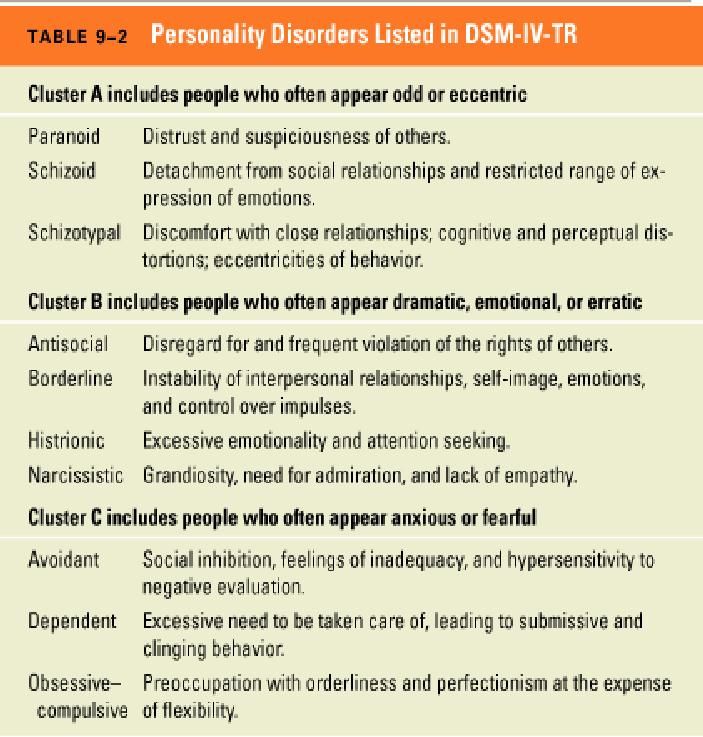 nine0030
nine0030 - Psychosomatic diseases. Among the manifestations of hysterical disorder, an important role is played by the presence of numerous symptoms that are not related to any specific disease. They have spasms, a feeling of choking when excited, nausea from stress, and hand tremors. There are occasional fainting spells.
The listed symptoms of hysteria syndrome apply only to adults. Many of these manifestations are characteristic of children and adolescents at one stage or another of development; it is the stuckness of an adult personality in childish or adolescent behavior that is a property of a hysterical personality. nine0003
Help of an anonymous psychotherapist with hysterical disorder in Moscow
Patients rarely turn to a specialist on their own to get rid of hysteria. The patient refuses help with hysterical disorder because he subconsciously exaggerates the secondary benefits derived from the disease. Problems due to this disorder occur in the whole family of a sick person.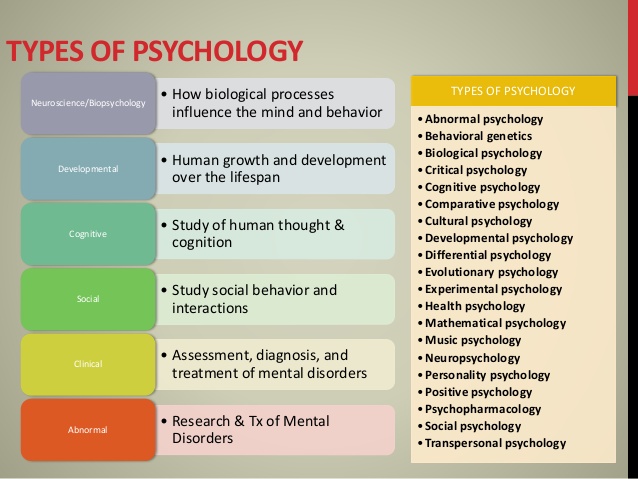 As a result, relatives are forced to either insist on treatment, or move away from the patient. Treatment by a psychotherapist of the hysteria syndrome can begin with family therapy. It is important to persuade the patient to start treatment, a competent therapist will find an approach to the patient if possible. In private clinics, any treatment remains anonymous, a visit to a psychotherapist will not create any problems in the patient's later life. Help for hysterical disorder does not involve a stay in a hospital. Psychotherapy sessions can be held at a convenient time for the patient, you can also arrange with the doctor to conduct remote sessions via Skype. nine0003
As a result, relatives are forced to either insist on treatment, or move away from the patient. Treatment by a psychotherapist of the hysteria syndrome can begin with family therapy. It is important to persuade the patient to start treatment, a competent therapist will find an approach to the patient if possible. In private clinics, any treatment remains anonymous, a visit to a psychotherapist will not create any problems in the patient's later life. Help for hysterical disorder does not involve a stay in a hospital. Psychotherapy sessions can be held at a convenient time for the patient, you can also arrange with the doctor to conduct remote sessions via Skype. nine0003
In a hysterical disorder, the patient may stage or even attempt suicide. Unlike people suffering from depressive disorders, hysteroid personalities do not feel the desire to die, this is just a way for them to attract attention. However, even such attempts can lead to tragedy. If your loved one threatens suicide or makes demonstrative attempts, contact a specialist as soon as possible and begin treatment by a psychotherapist for hysteria syndrome. nine0003
nine0003
Symptoms of hysteria may overlap with those of bipolar disorder. Due to suspiciousness and a tendency to hypochondria, a person suffering from hysteria can be mistaken for a patient with a depressive syndrome. Treatment by a psychotherapist of hysteria syndrome does not include medication, hysterical disorder is much less dangerous for the patient than depressive or bipolar disorder. However, psychotherapeutic work with people suffering from hysteria is more difficult because of the resistance of the patient. Effective treatment for hysterical disorder may require long-term psychotherapeutic treatment. nine0003
Anonymous psychotherapy of hysterical disorders: treatment of hysteria syndrome
The main method of treating the disease is the psychotherapy of hysterical disorder. Doctors rarely use drugs in their work with patients with hysteria syndrome. In severe cases, medications may be needed to treat related problems: if a patient develops depression following a hysterical disorder, the doctor suggests antidepressants.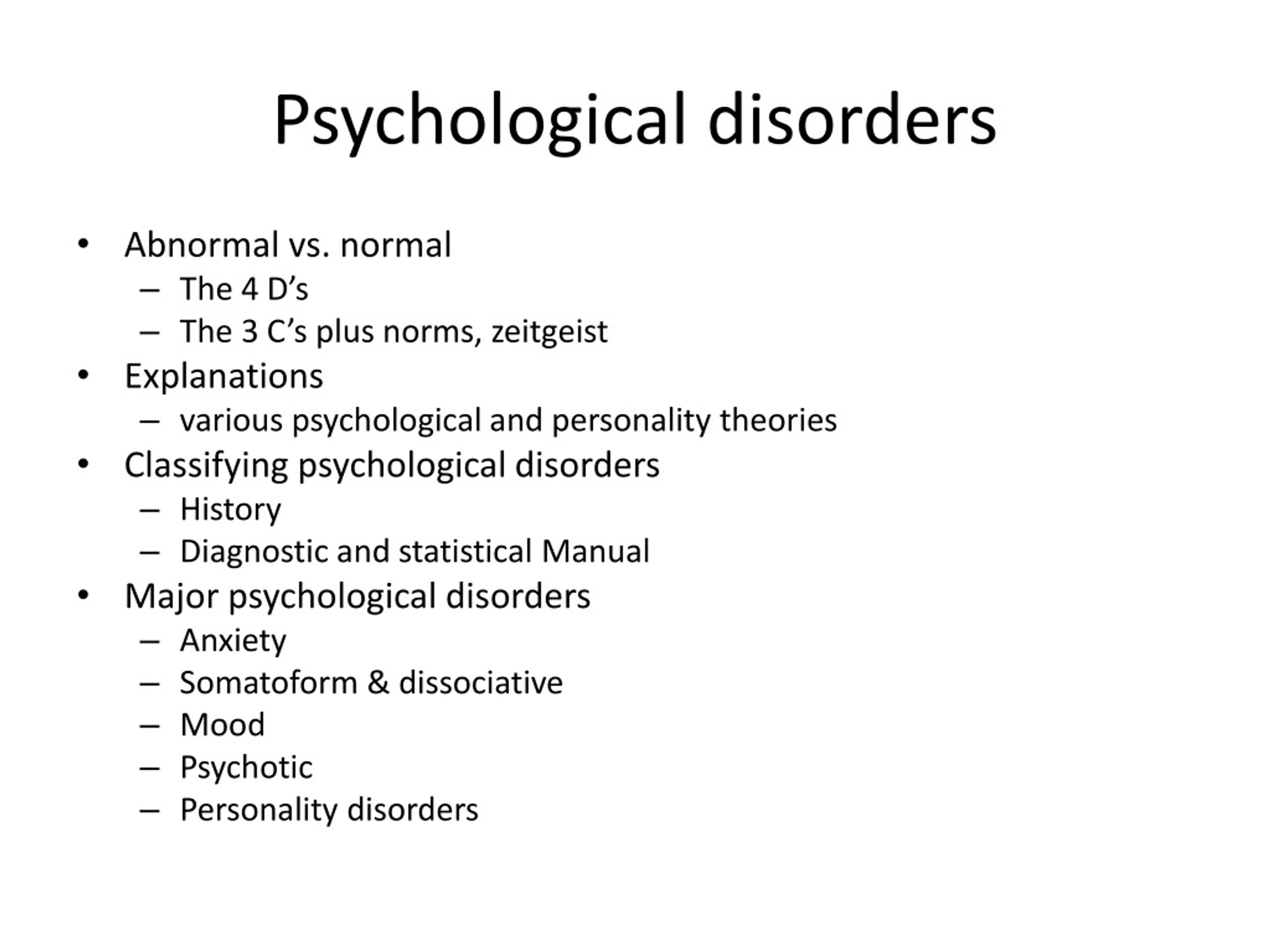 Also, if the disorder is accompanied by severe anxiety and somatic symptoms, the psychotherapist suggests anti-anxiety drugs. Psychotherapeutic help for hysteria syndrome can take a long time. Since the disease does not require hospital treatment, drugs with side effects and other similar measures, prolonged treatment will not affect the rest of the patient's life. In the psychotherapy of hysterical disorder, the method of psychodynamic therapy is usually used. Doctors believe that hysterical syndrome begins to develop in people at an early age, childhood traumas influence the formation of a hysterical personality. The therapist, together with the patient, seeks the origins of hysterical behavior and work through the traumatic experience. An important part of psychotherapeutic assistance in hysteria syndrome is the patient's awareness of his true motives. The patient must learn to understand and accept his real feelings and desires, to express them directly. Also, the psychotherapist works with the patient's self-esteem - to cure the hysterical syndrome, the patient must develop an independent self-esteem, stop needing constant attention and care.
Also, if the disorder is accompanied by severe anxiety and somatic symptoms, the psychotherapist suggests anti-anxiety drugs. Psychotherapeutic help for hysteria syndrome can take a long time. Since the disease does not require hospital treatment, drugs with side effects and other similar measures, prolonged treatment will not affect the rest of the patient's life. In the psychotherapy of hysterical disorder, the method of psychodynamic therapy is usually used. Doctors believe that hysterical syndrome begins to develop in people at an early age, childhood traumas influence the formation of a hysterical personality. The therapist, together with the patient, seeks the origins of hysterical behavior and work through the traumatic experience. An important part of psychotherapeutic assistance in hysteria syndrome is the patient's awareness of his true motives. The patient must learn to understand and accept his real feelings and desires, to express them directly. Also, the psychotherapist works with the patient's self-esteem - to cure the hysterical syndrome, the patient must develop an independent self-esteem, stop needing constant attention and care. The psychotherapy of hysterical disorder requires a high level of trust between the patient and the doctor, as well as a gentle approach to the patient. This is due to the duration of treatment. nine0003
The psychotherapy of hysterical disorder requires a high level of trust between the patient and the doctor, as well as a gentle approach to the patient. This is due to the duration of treatment. nine0003
Hysteria psychotherapy may also include family therapy. A healthy atmosphere in the immediate environment of the patient is important for successful treatment. Often the relatives of people with hysterical syndrome have a harder life than the patient himself. The behavior of a hysterical personality disorients others, they do not know how to react to it. For the psychotherapy of hysterical disorder to be most effective, the behavior of close people with the patient must be as consistent as possible. The patient should receive negative reinforcement of manifestations of the hysterical syndrome and positive reinforcement of direct and honest expression of feelings. Relatives should stop succumbing to the patient's provocations, not enter into polemics with him, not participate in scandals.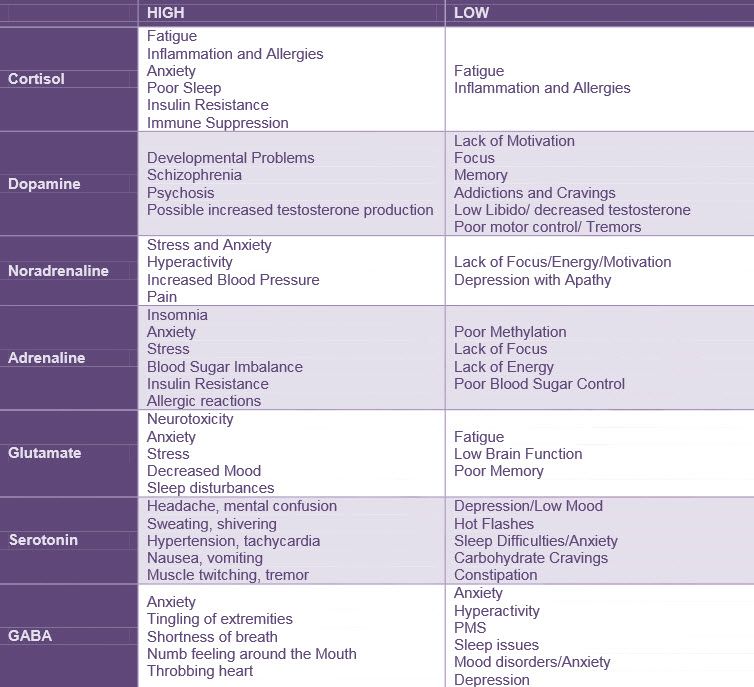 Together with the psychotherapy of hysterical disorder, this behavior will help the patient to understand that his way of obtaining feedback from other people is much less effective than establishing communication. nine0003
Together with the psychotherapy of hysterical disorder, this behavior will help the patient to understand that his way of obtaining feedback from other people is much less effective than establishing communication. nine0003
All prices
Information about mental disorders
Depressive disorder
Neurotic disorders
Treatment of mental disorders
Treatment of neuroses
nine0002 Treatment of psychosisPsychiatric doctor's help
Psychiatrist at home
Cost of psychiatric services
Neurologist
Clinic reviews
five nine0003
I went to a psychiatric hospital after my divorce from my husband.